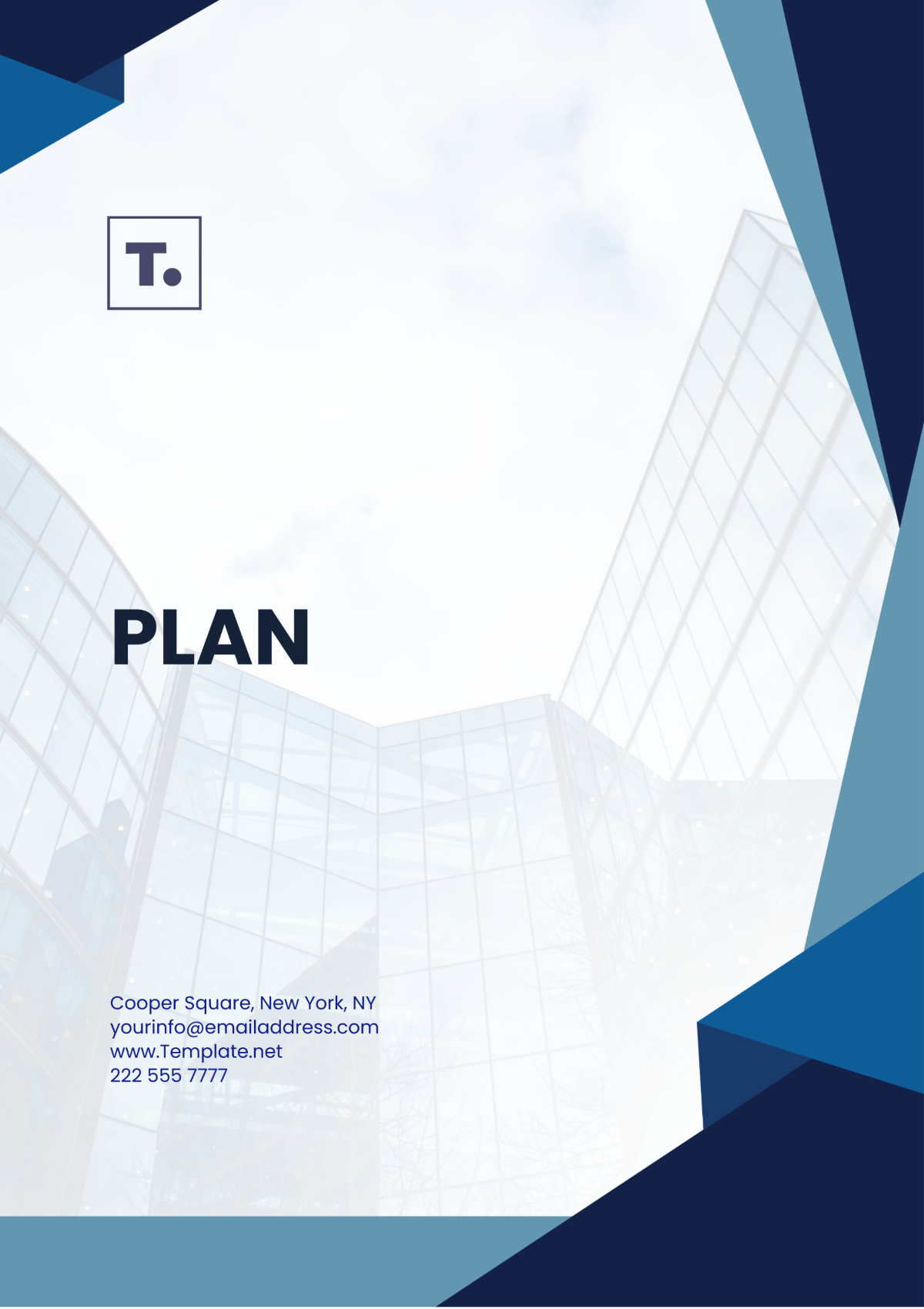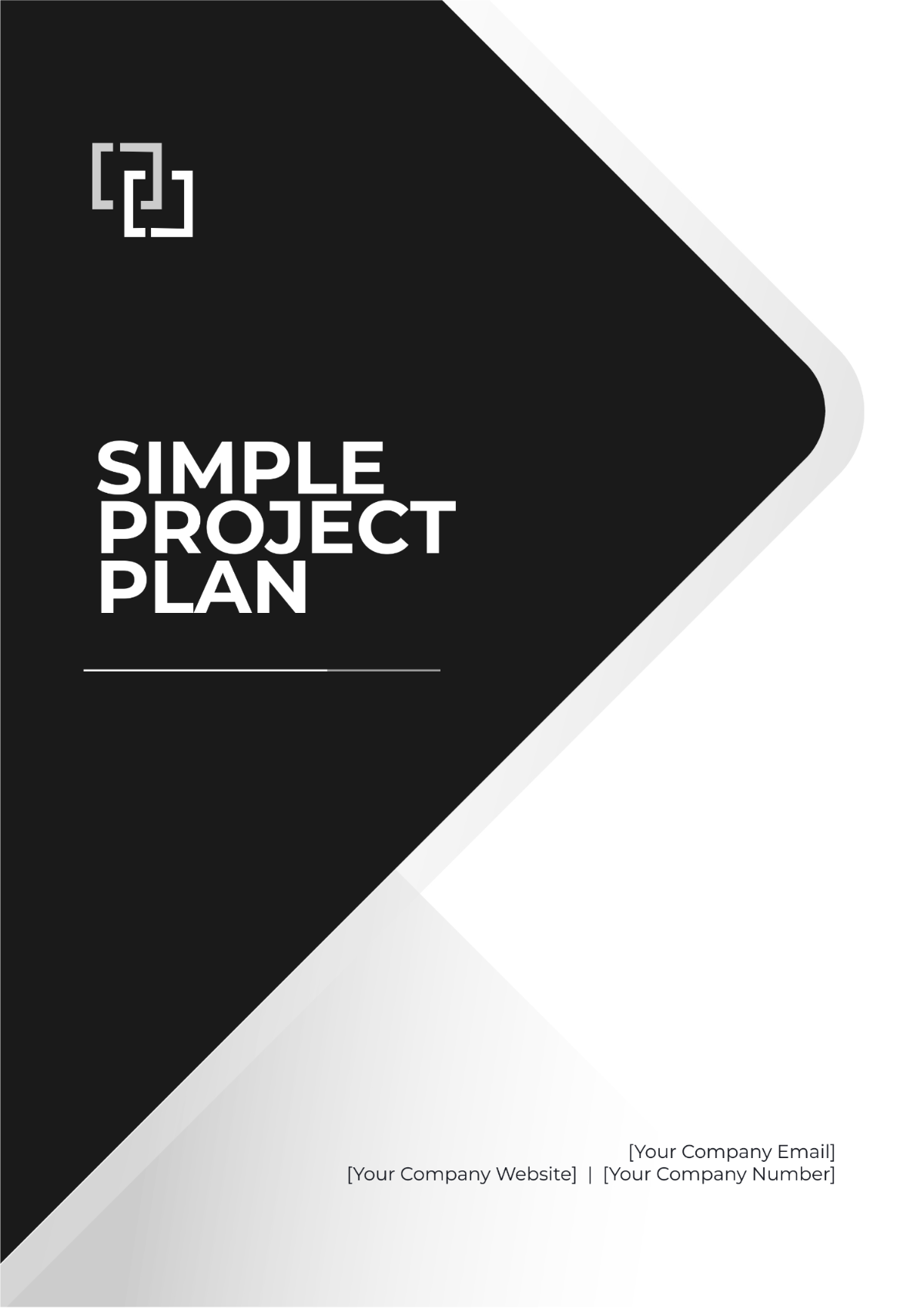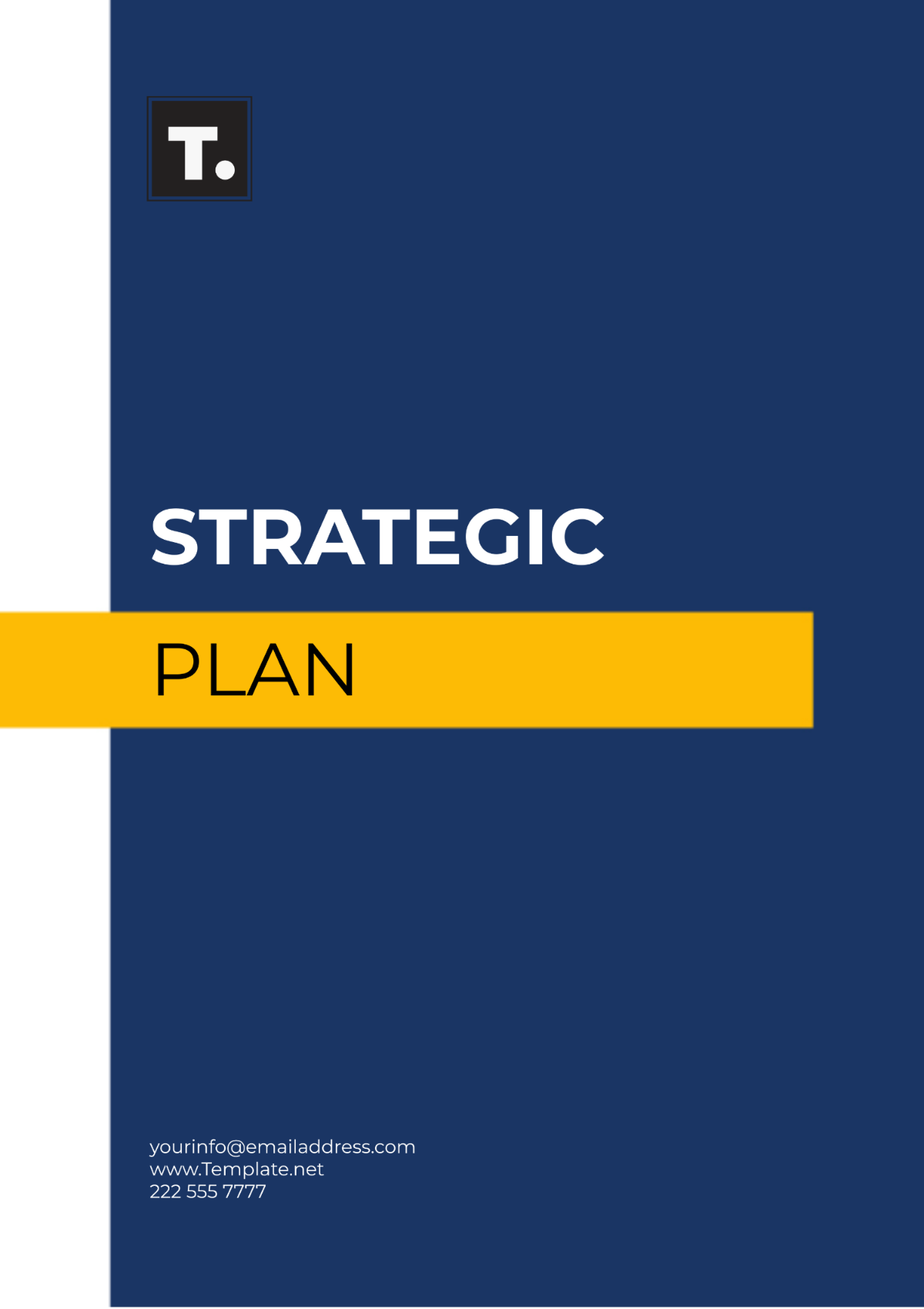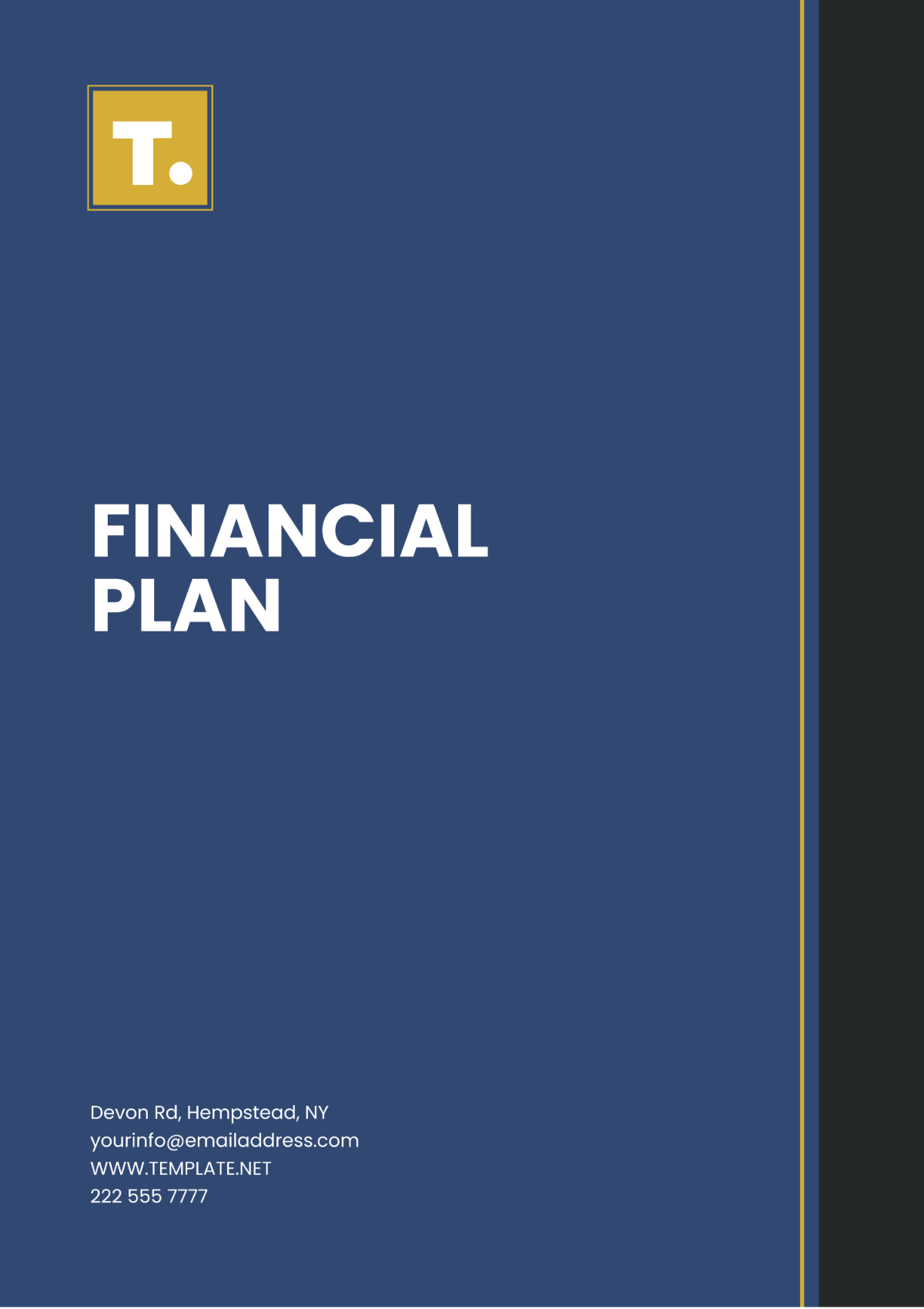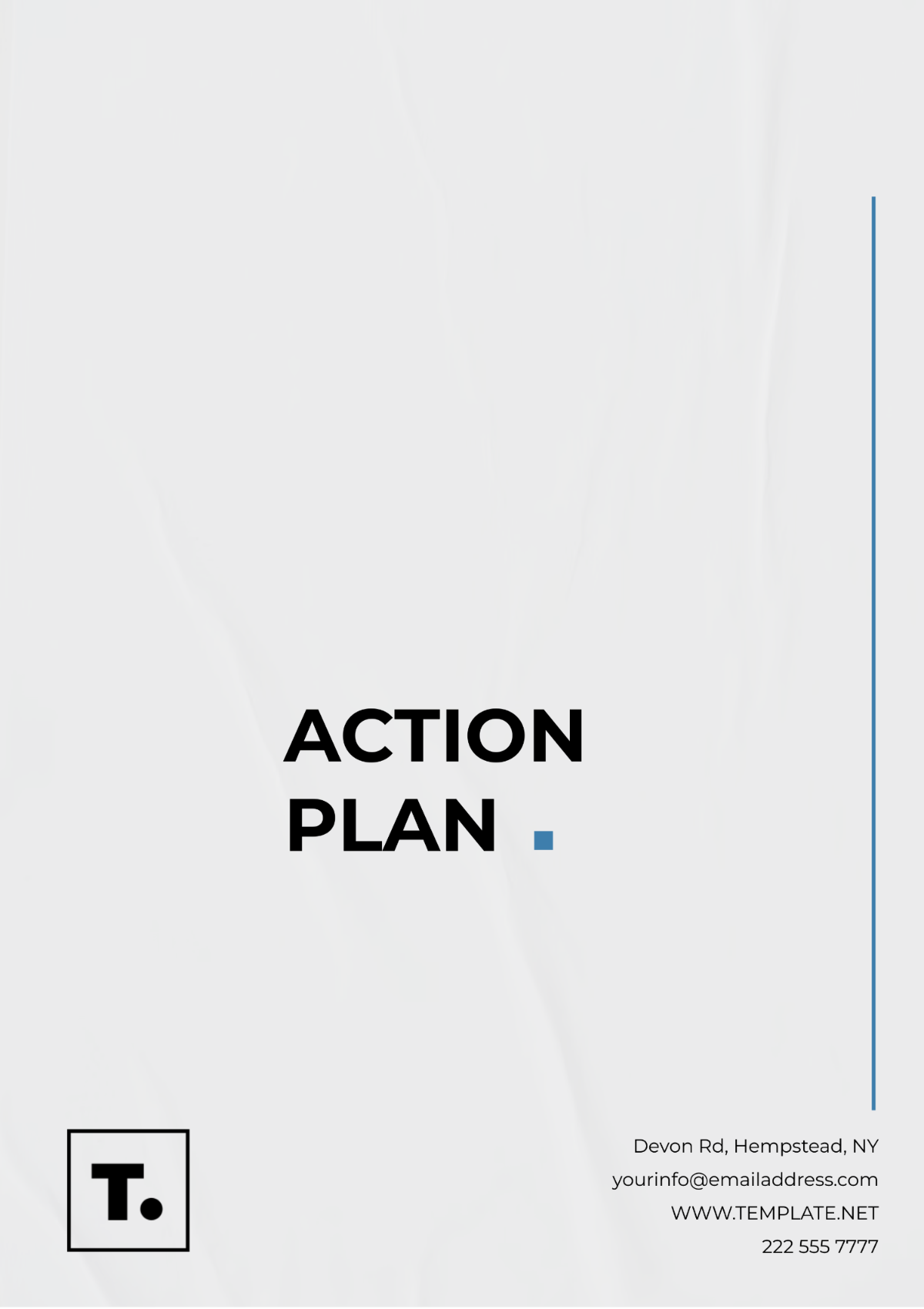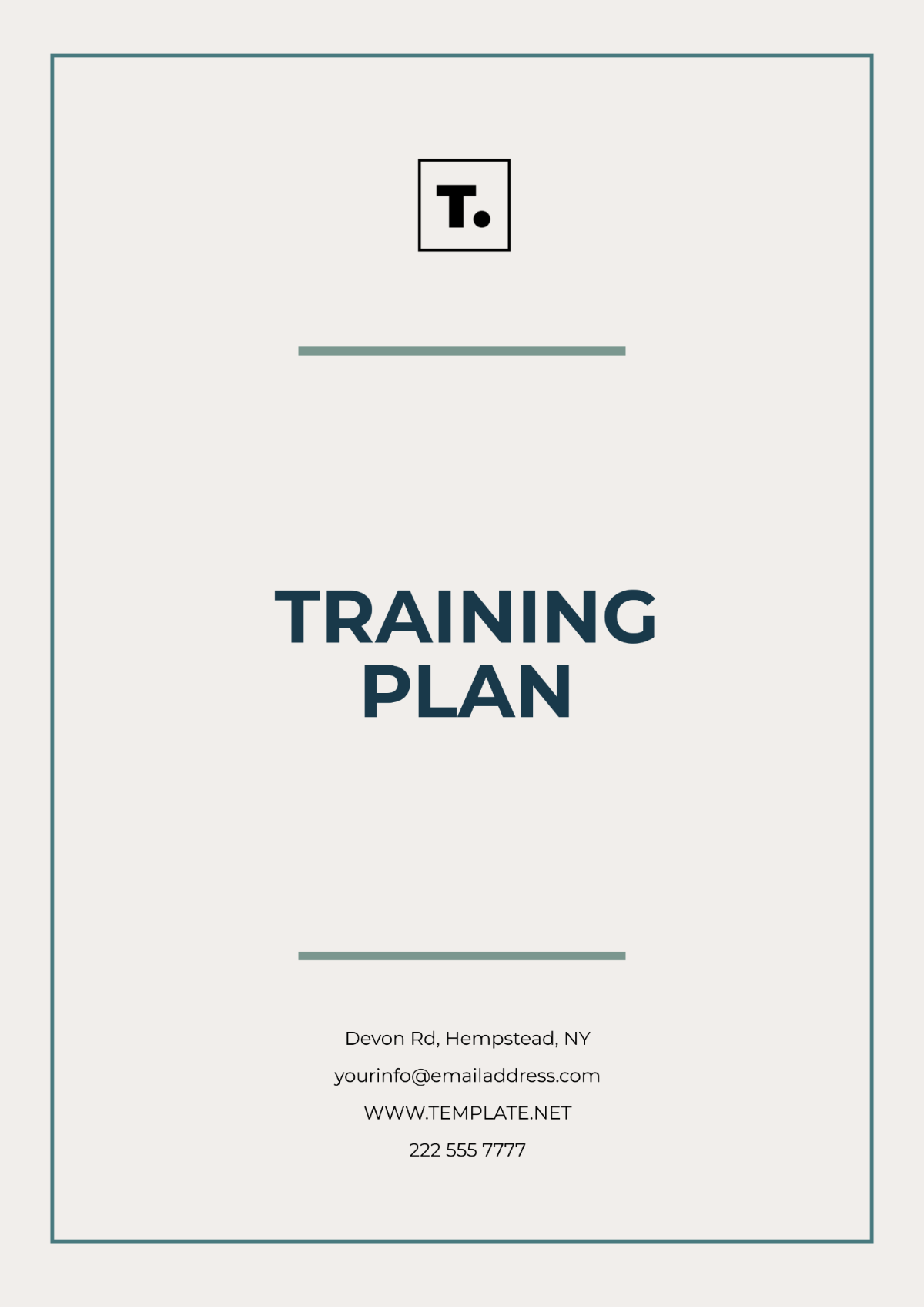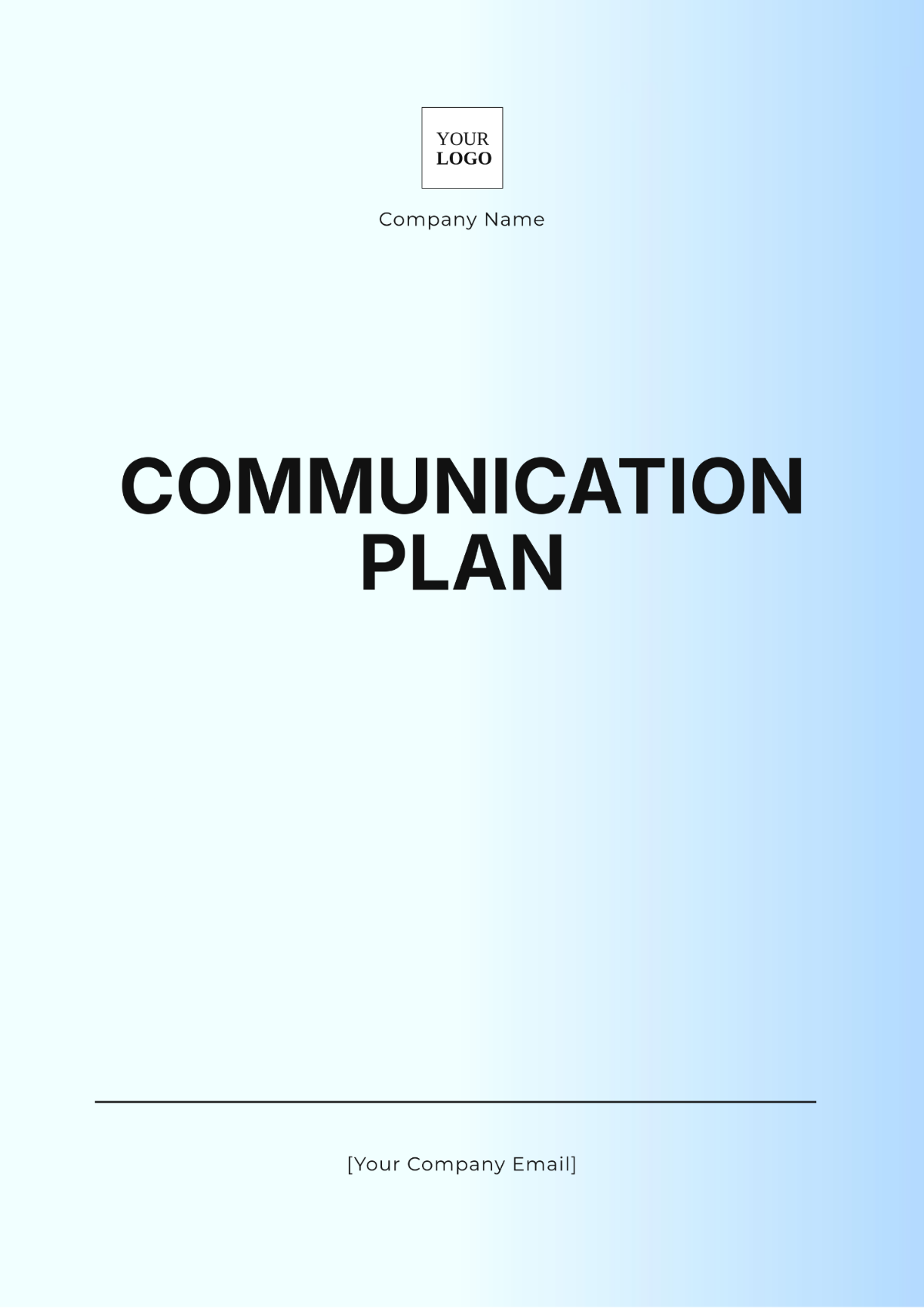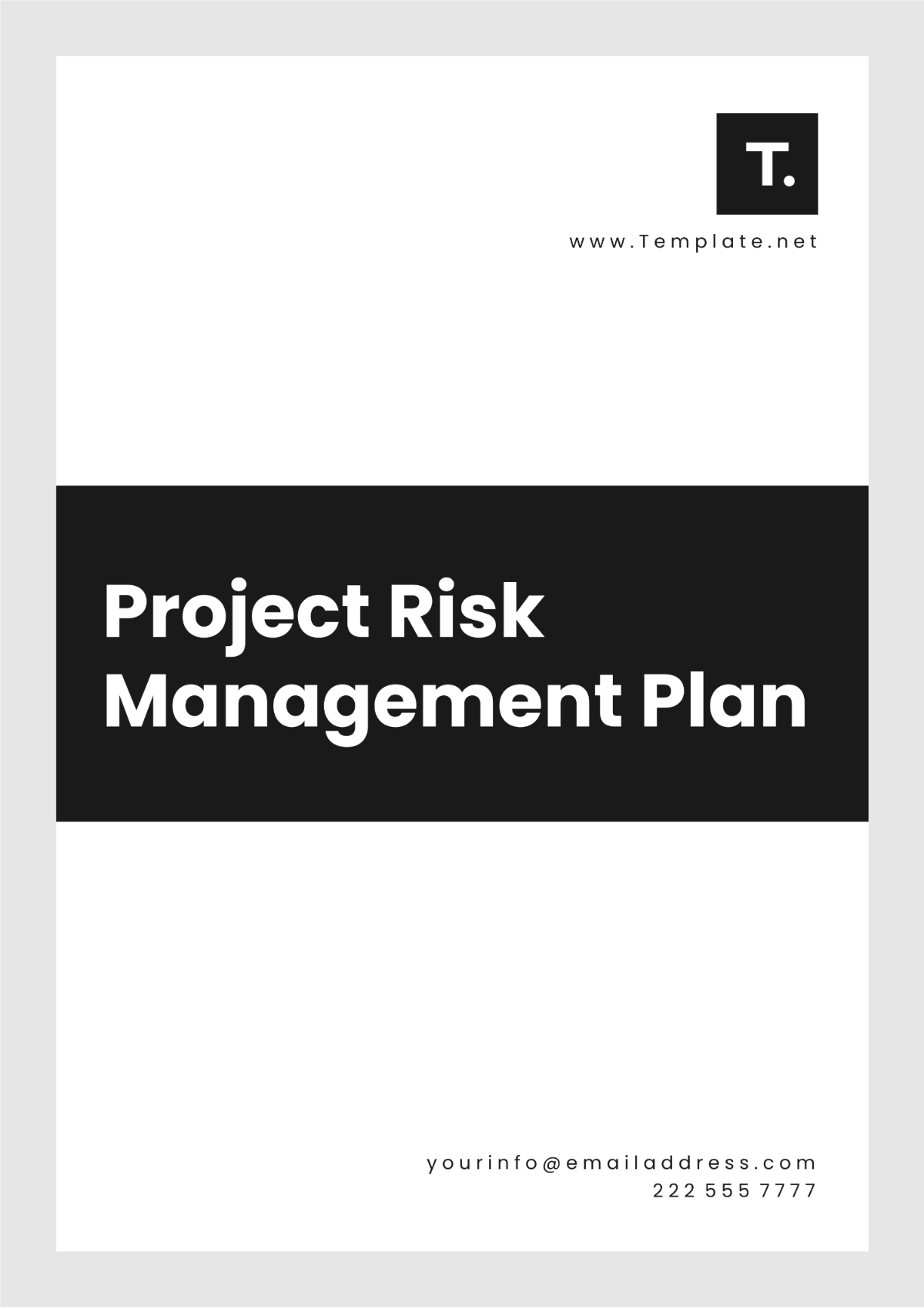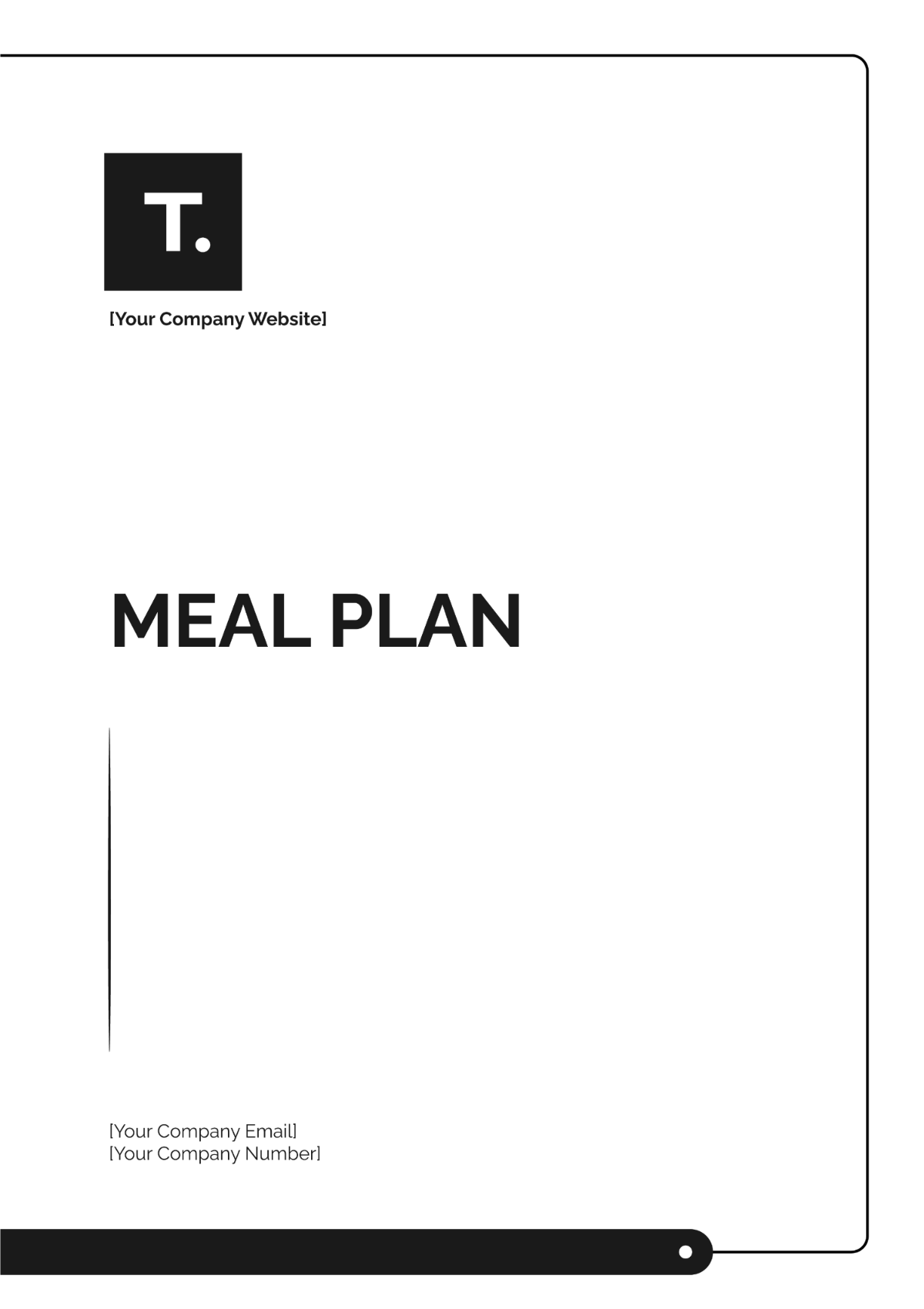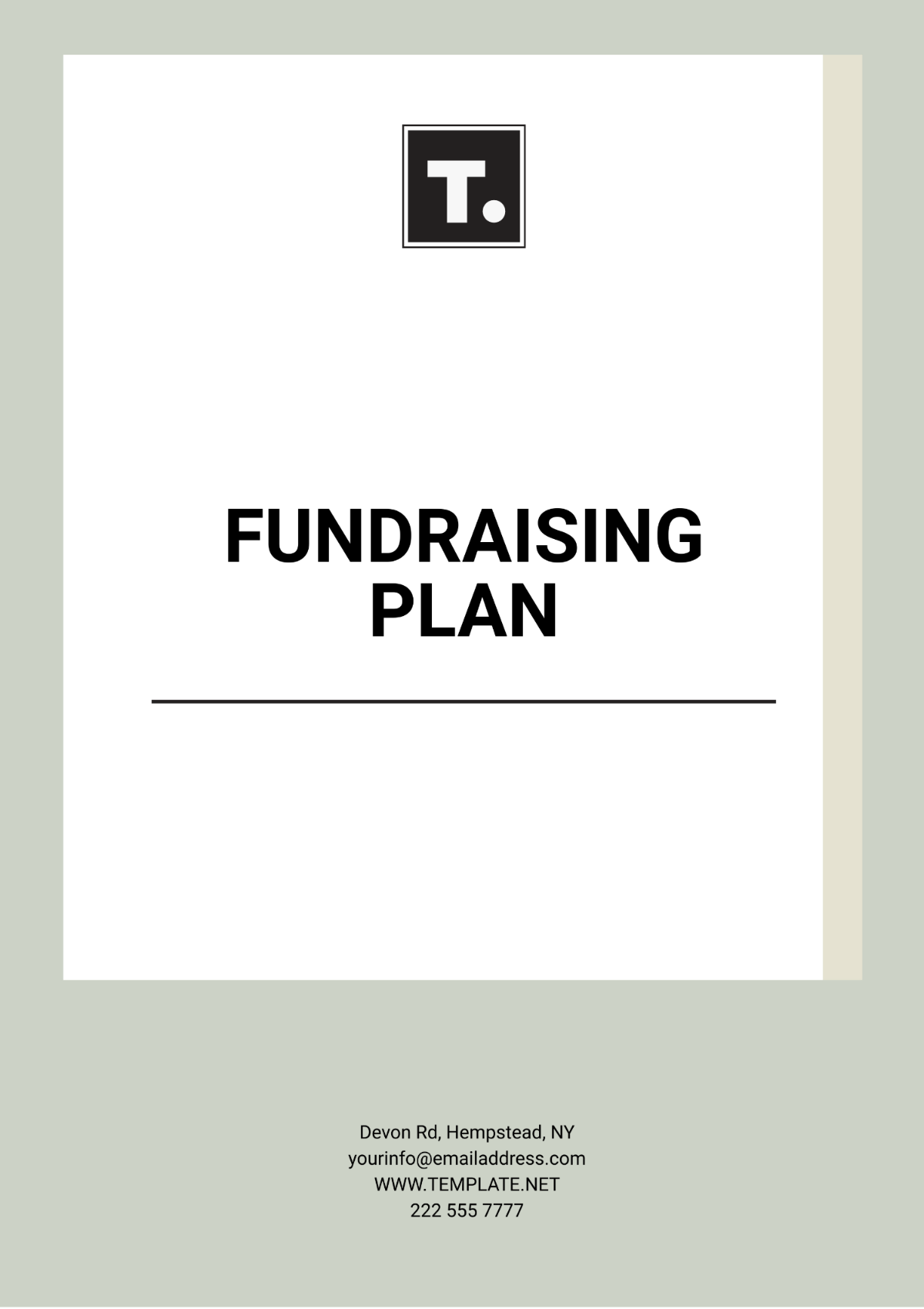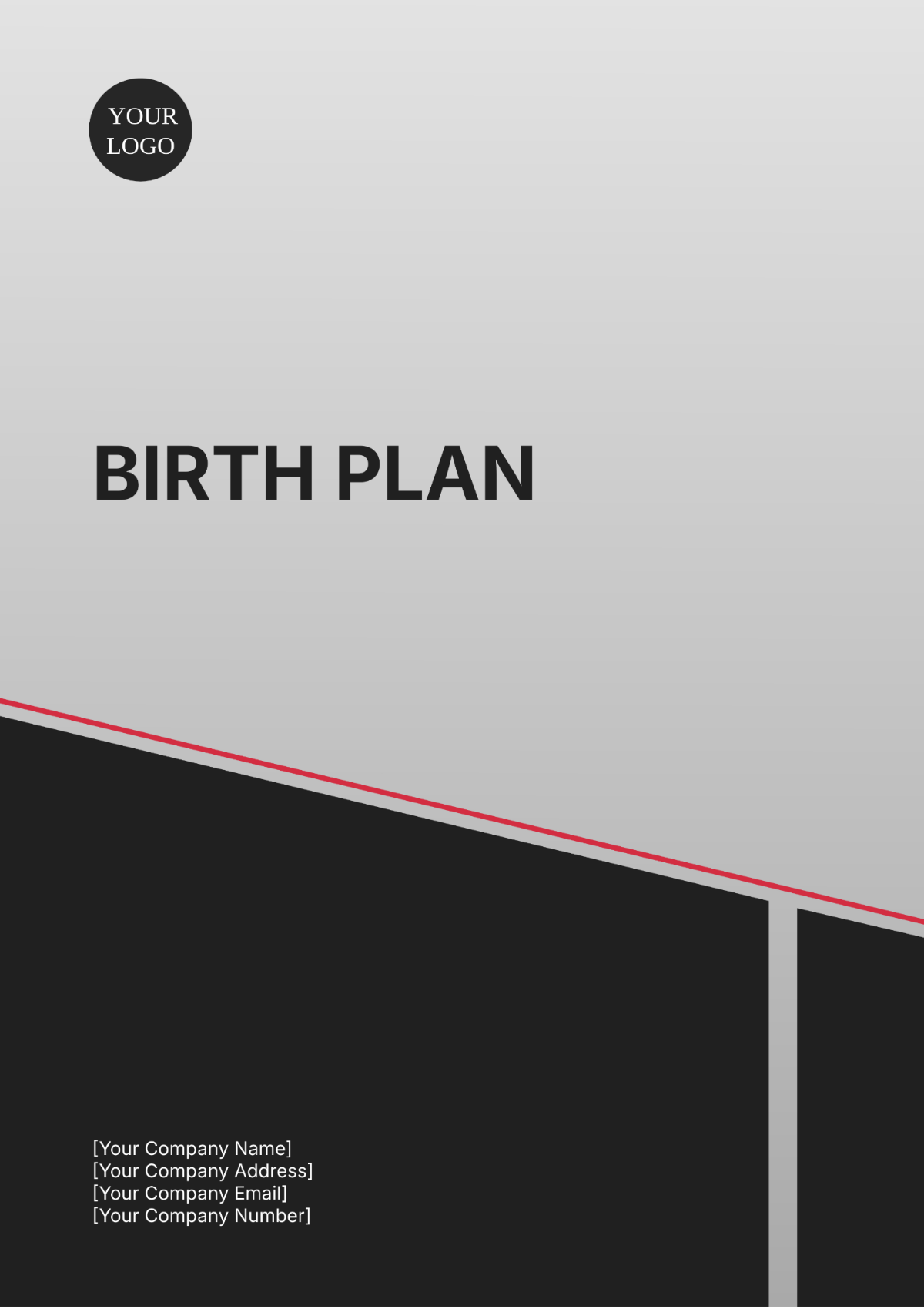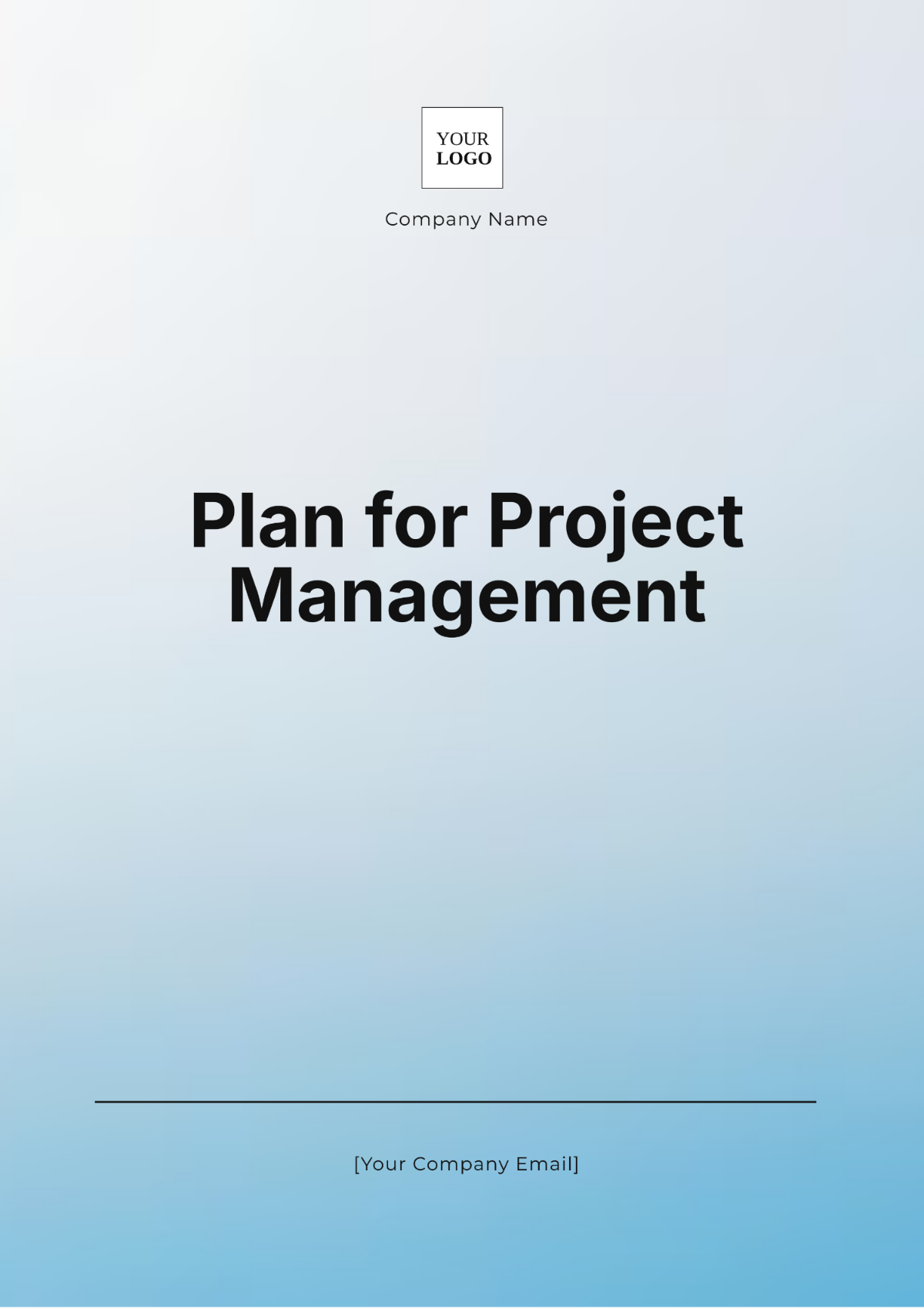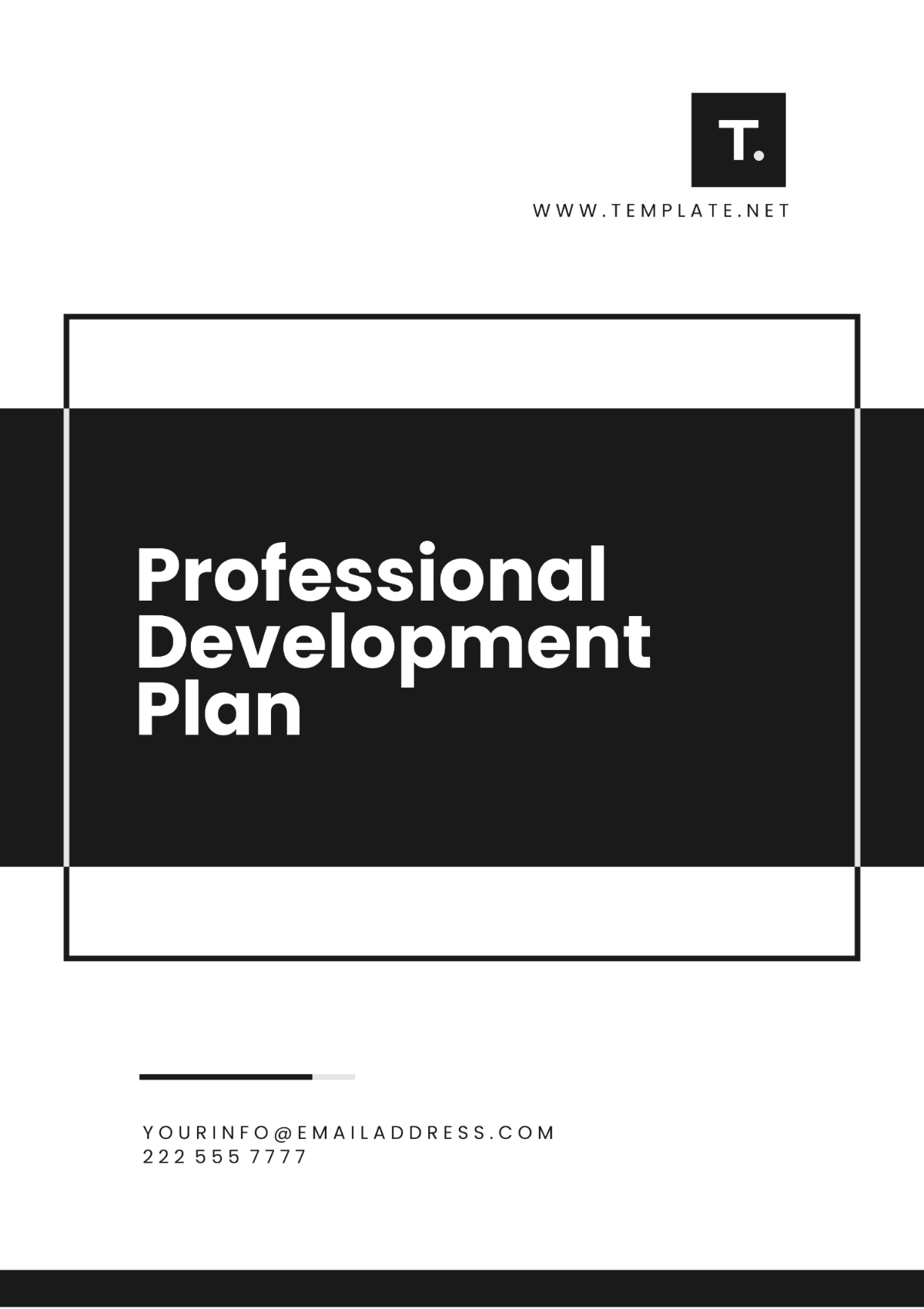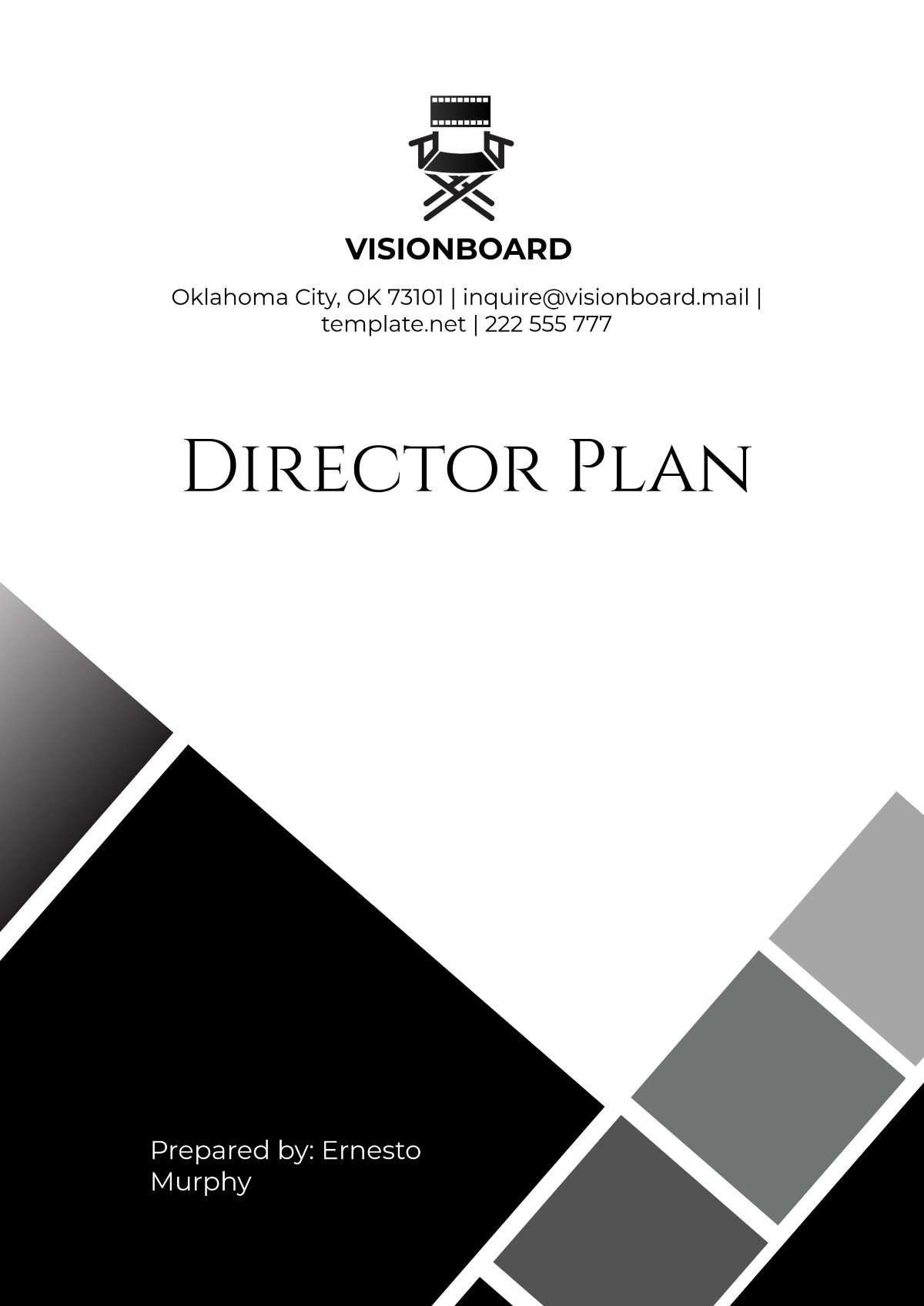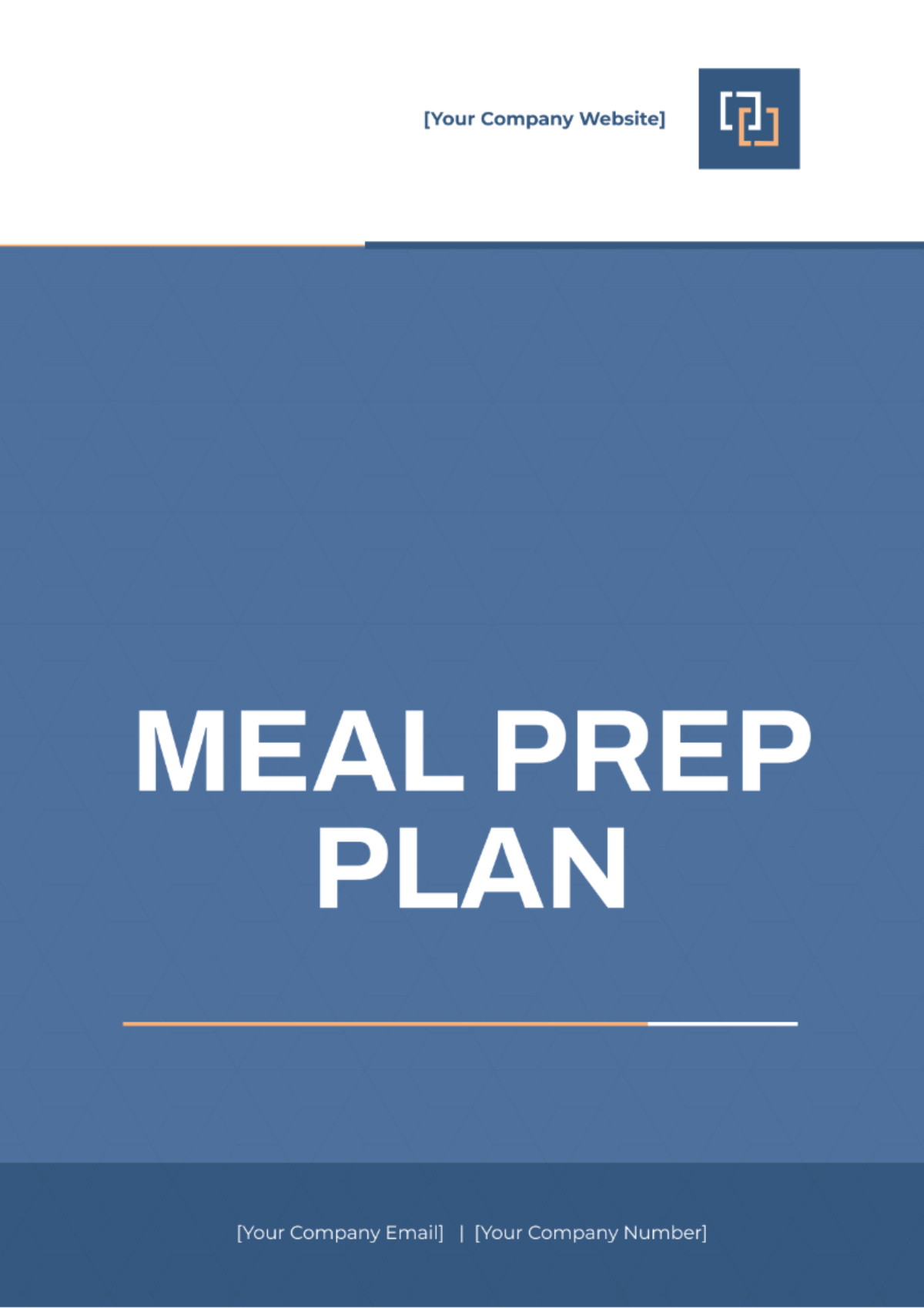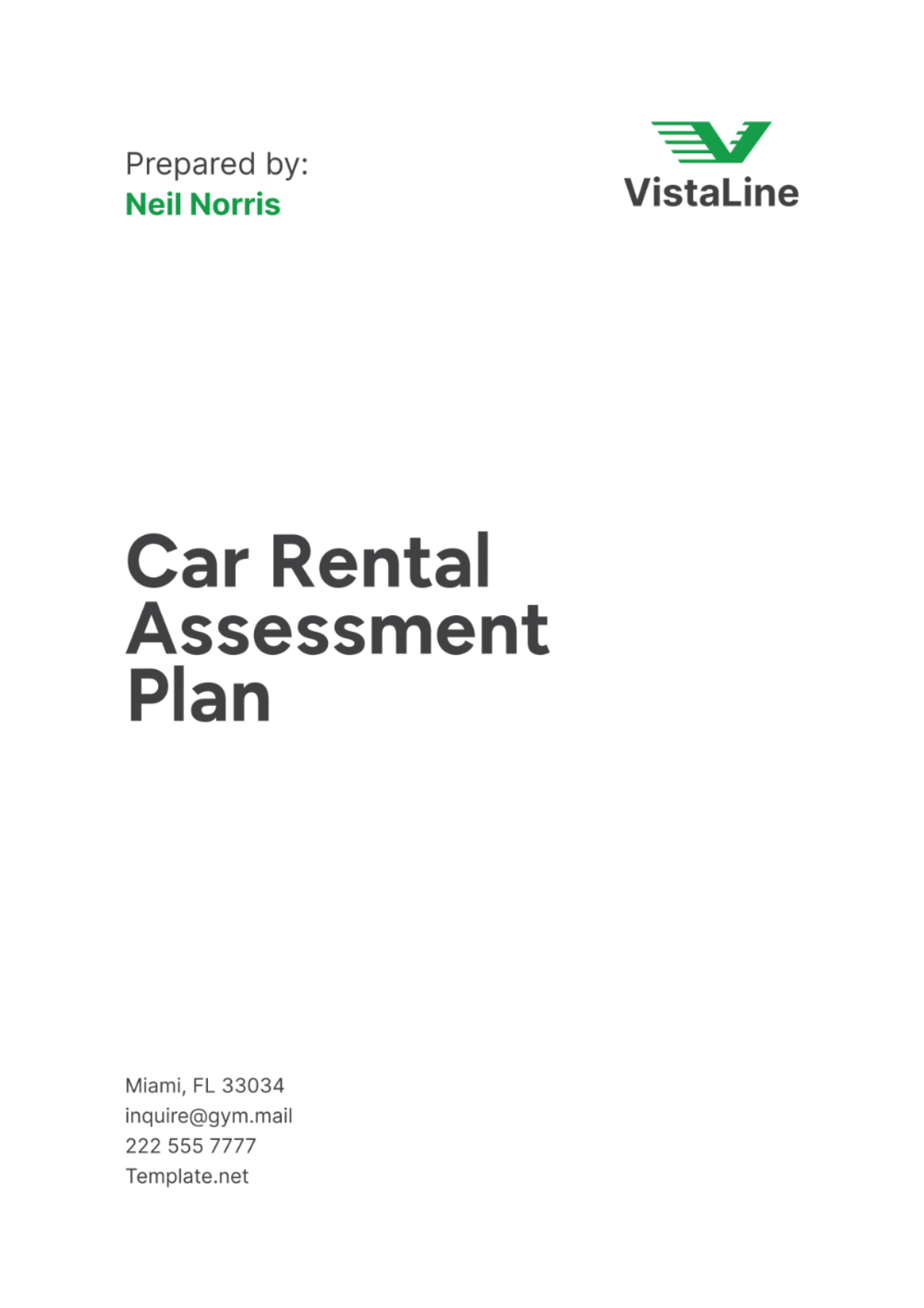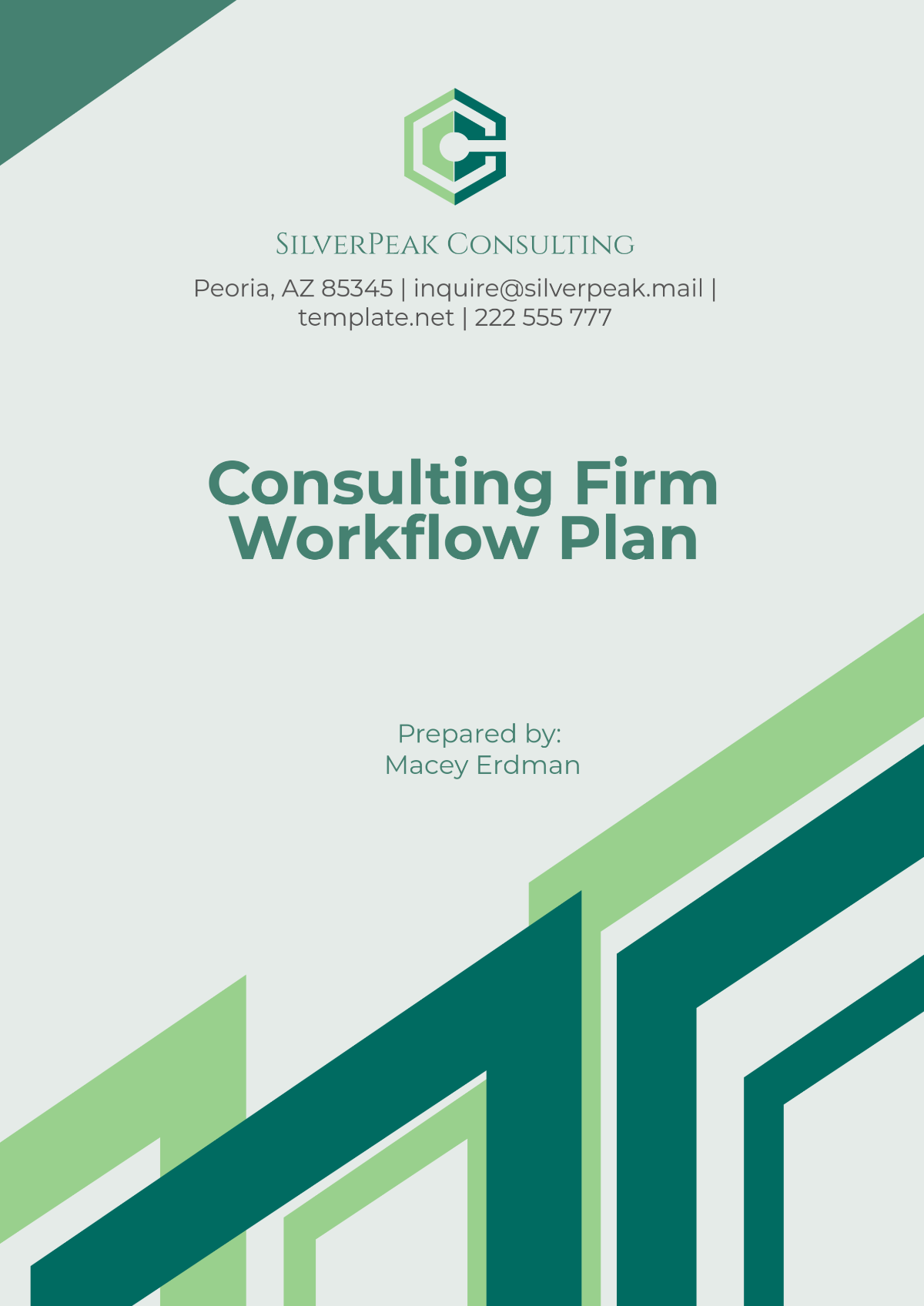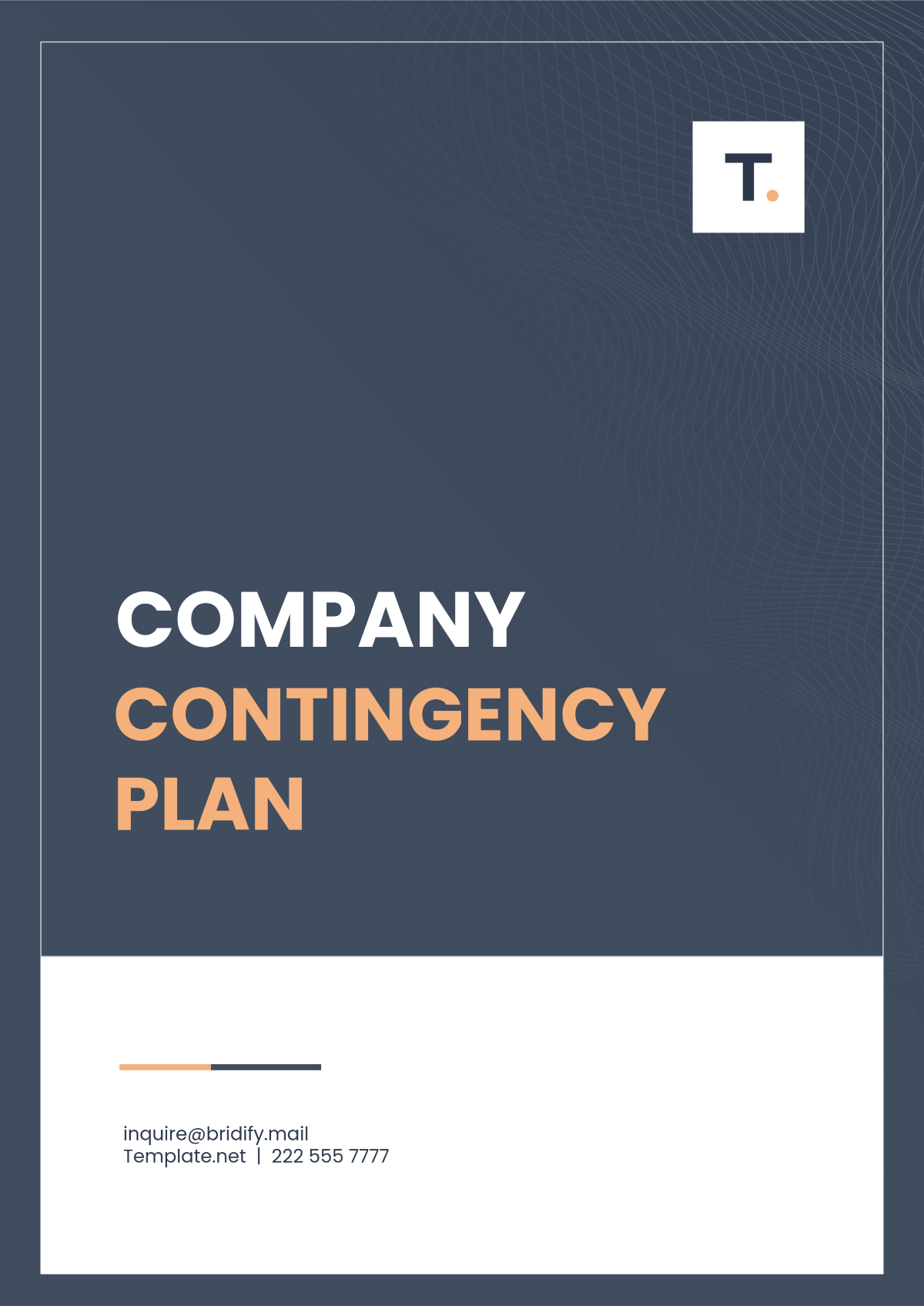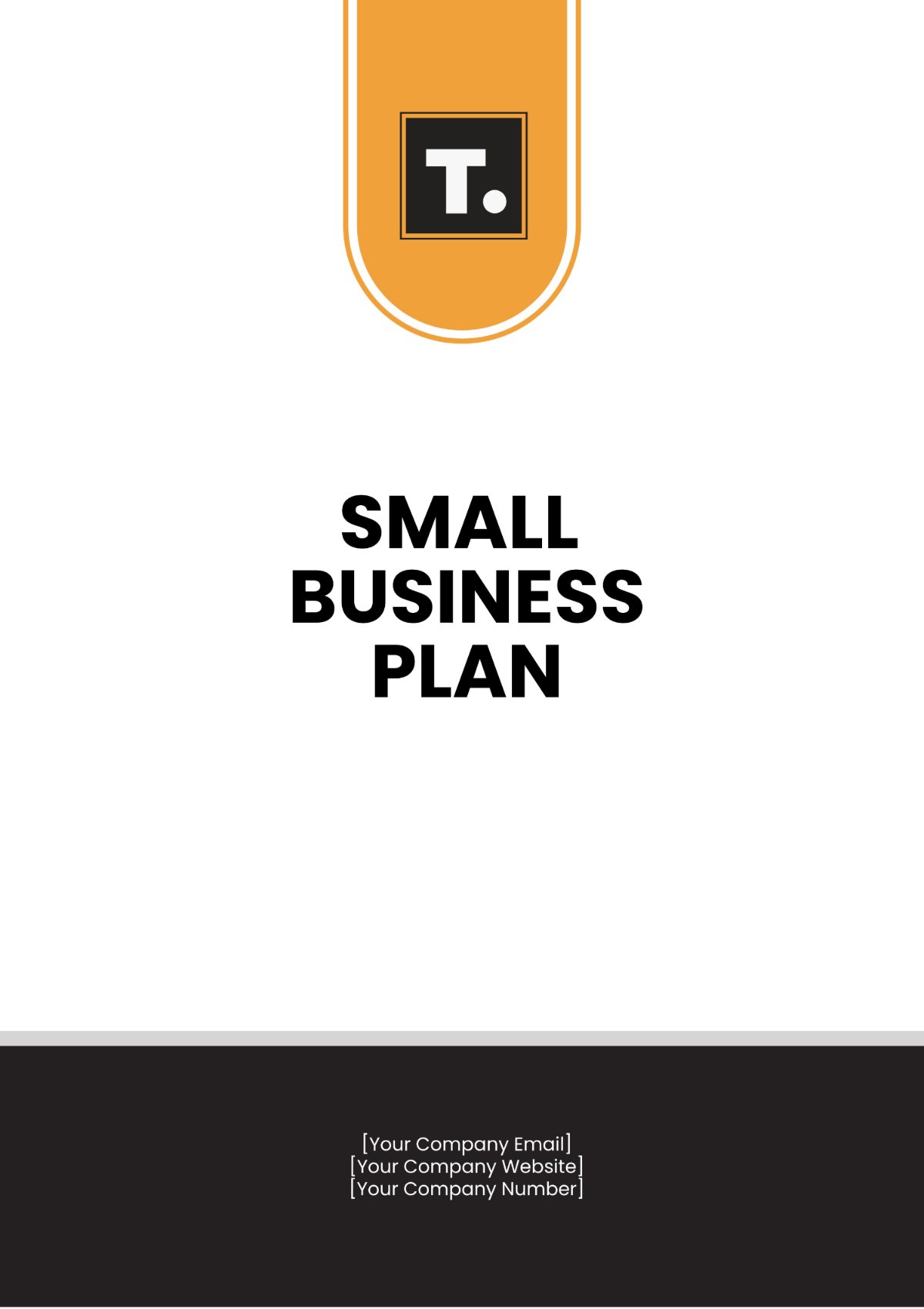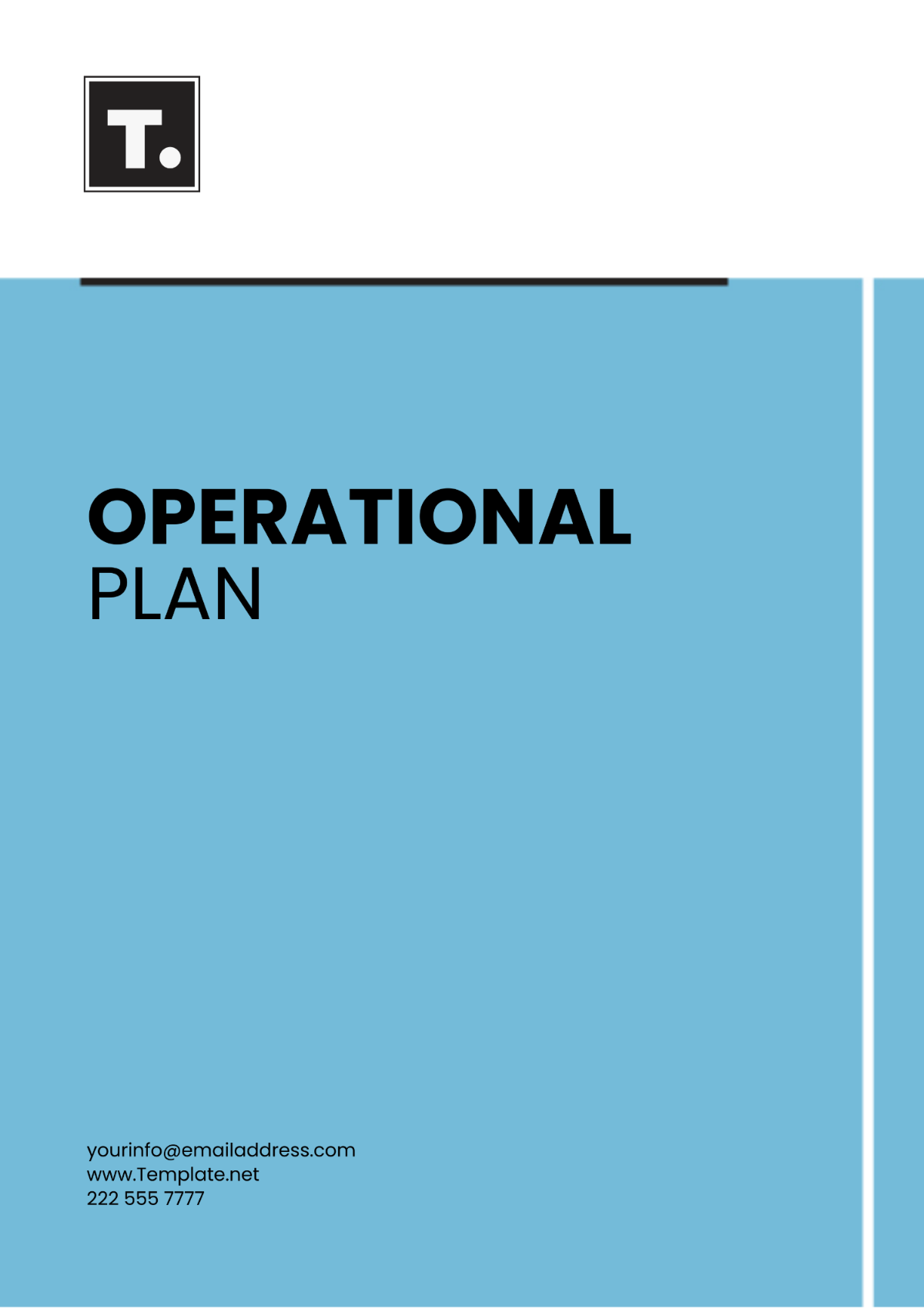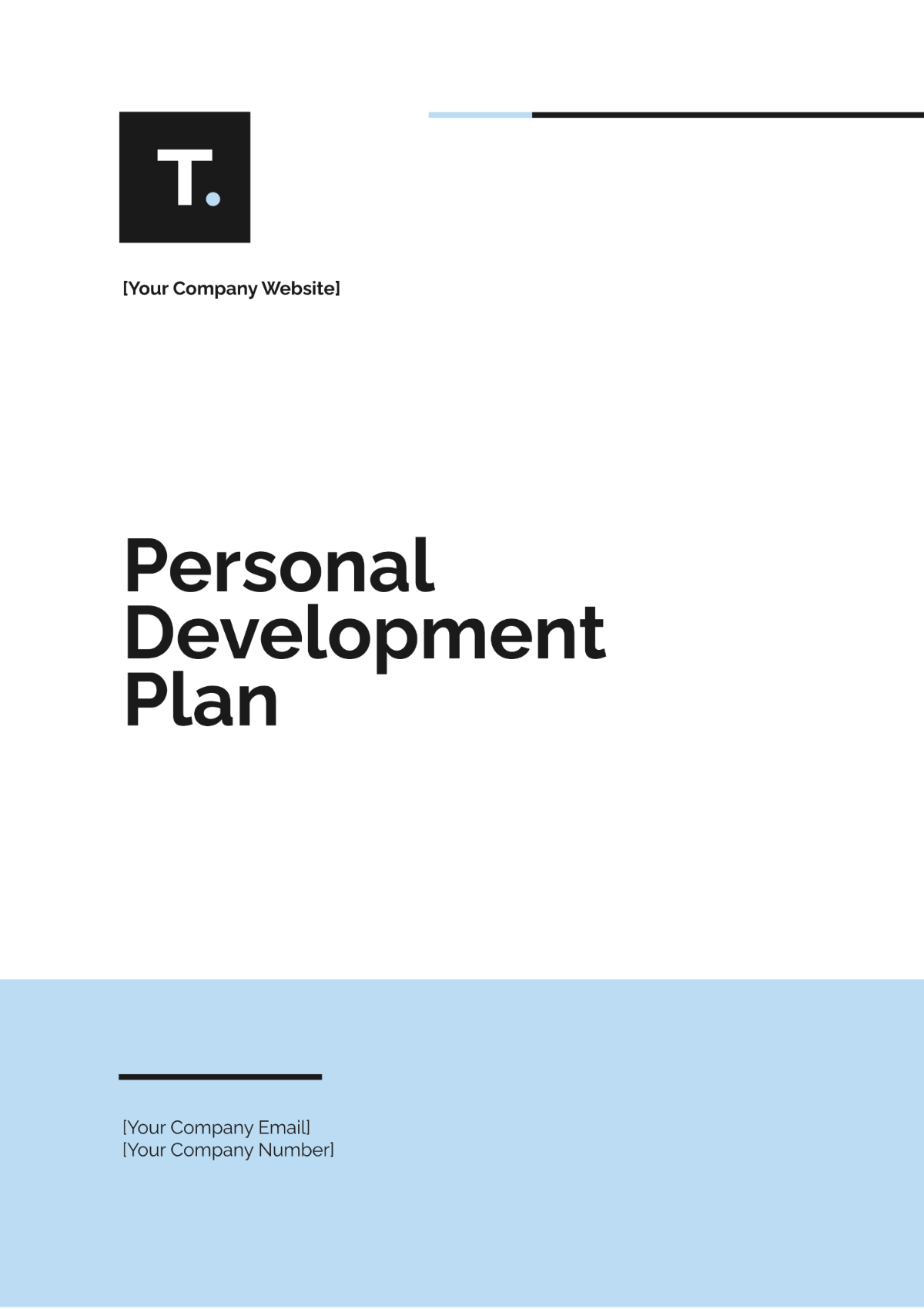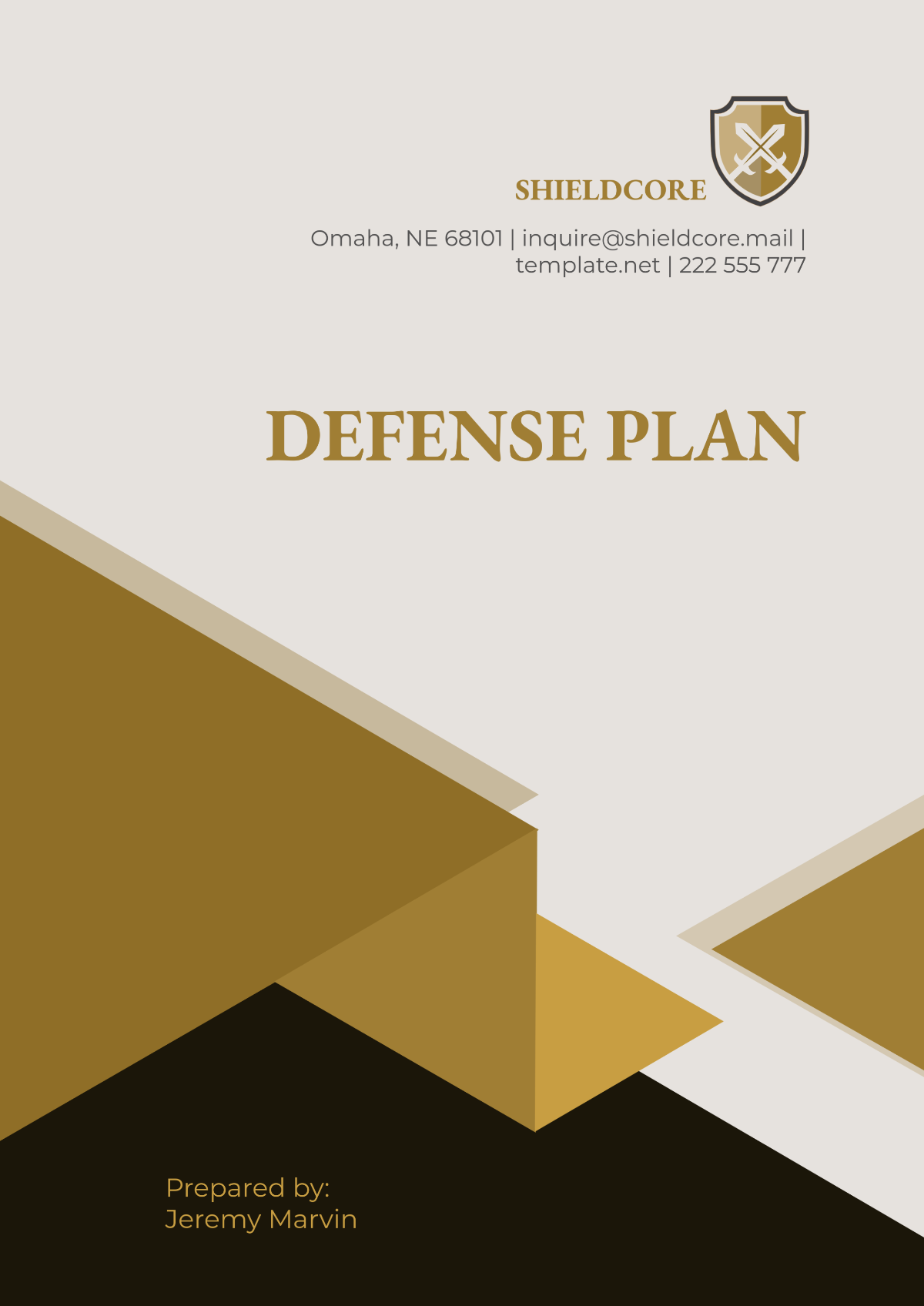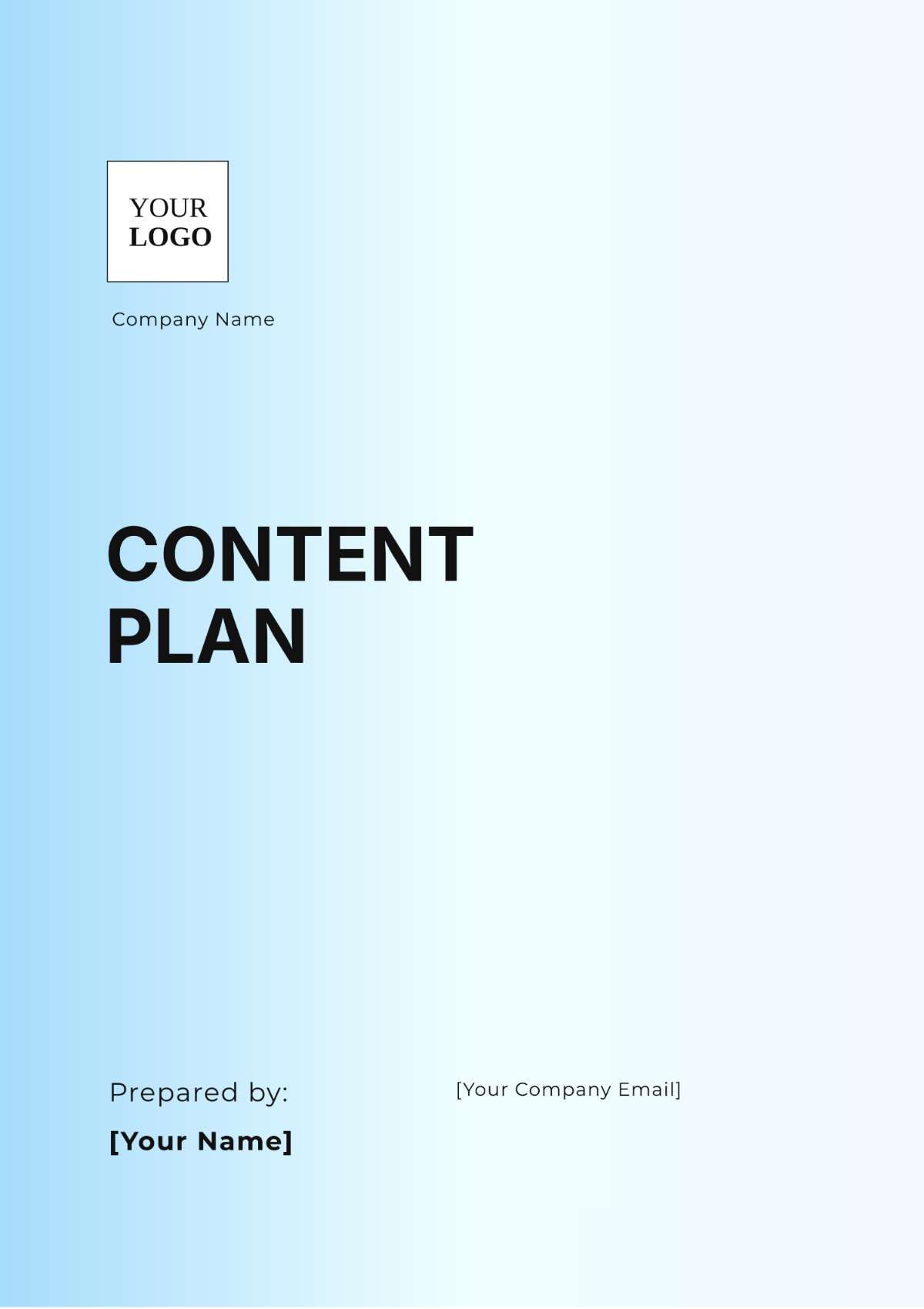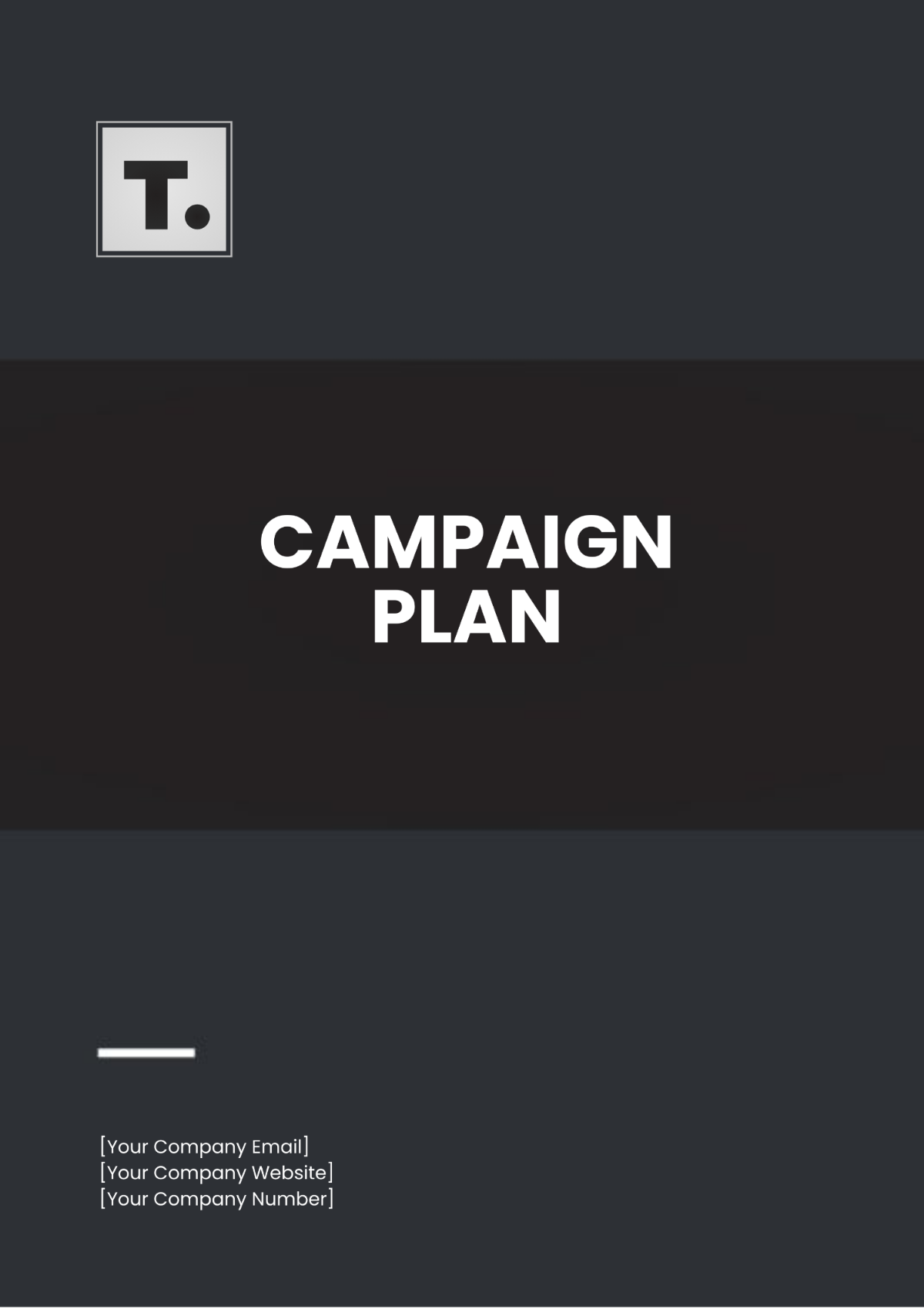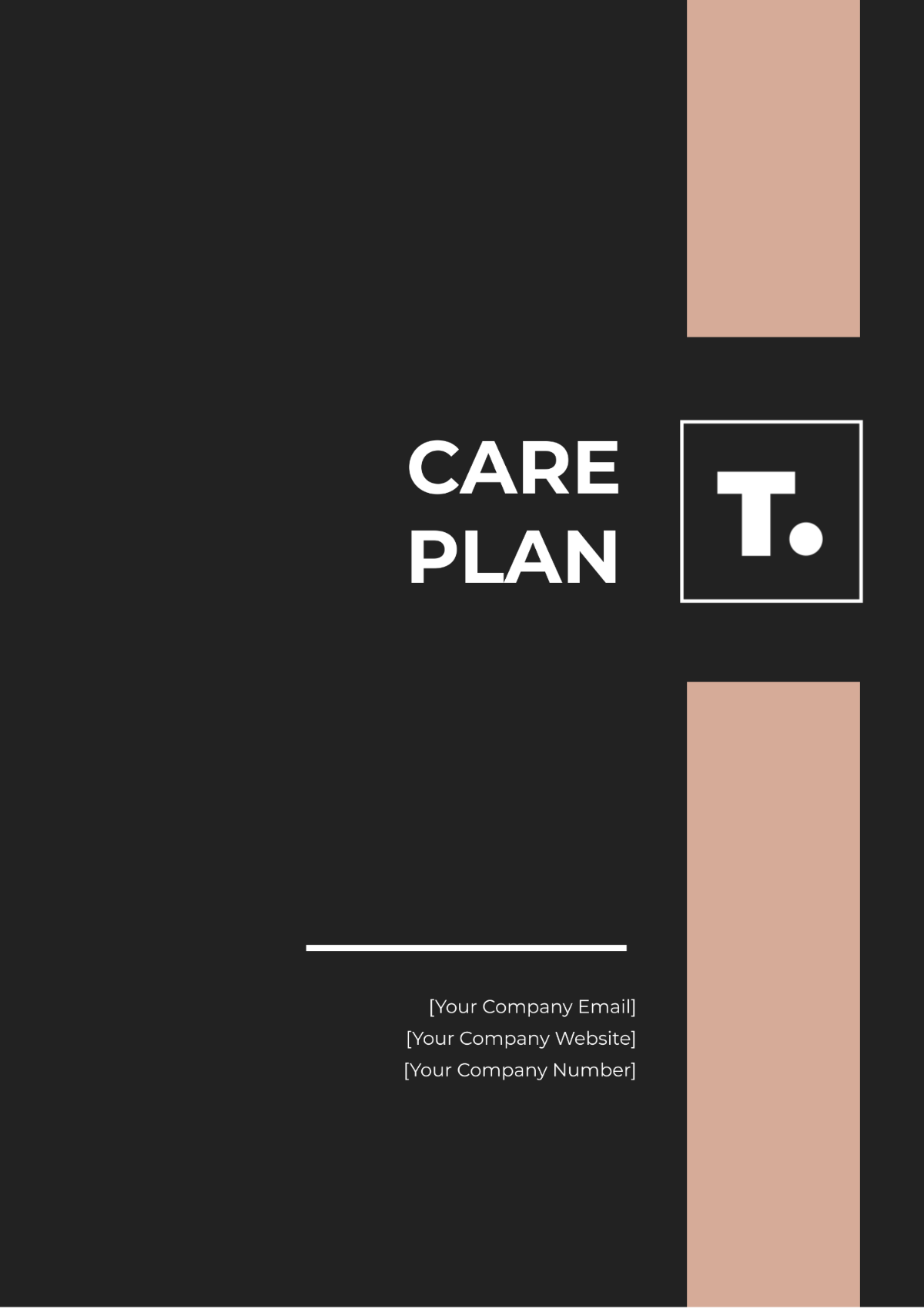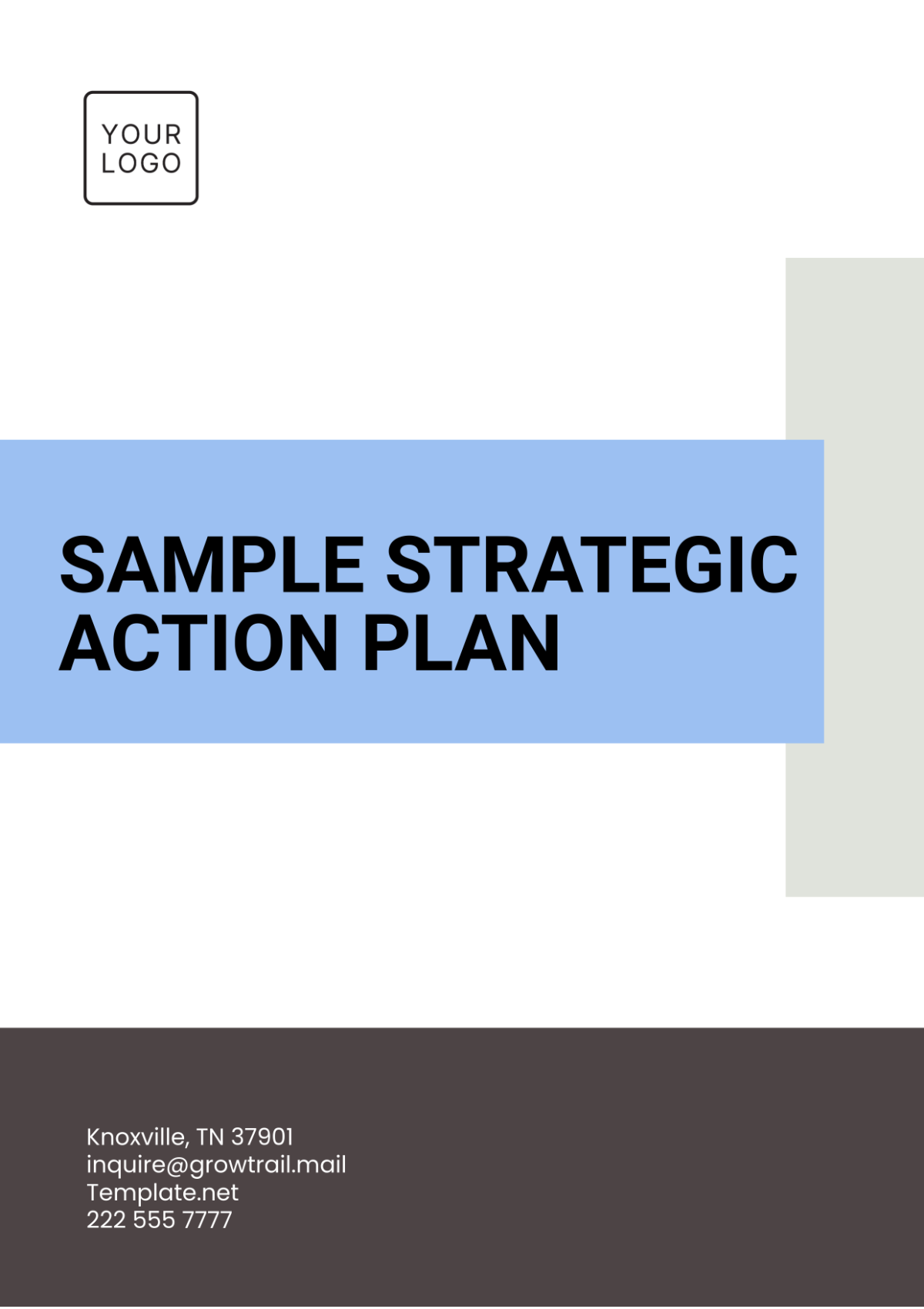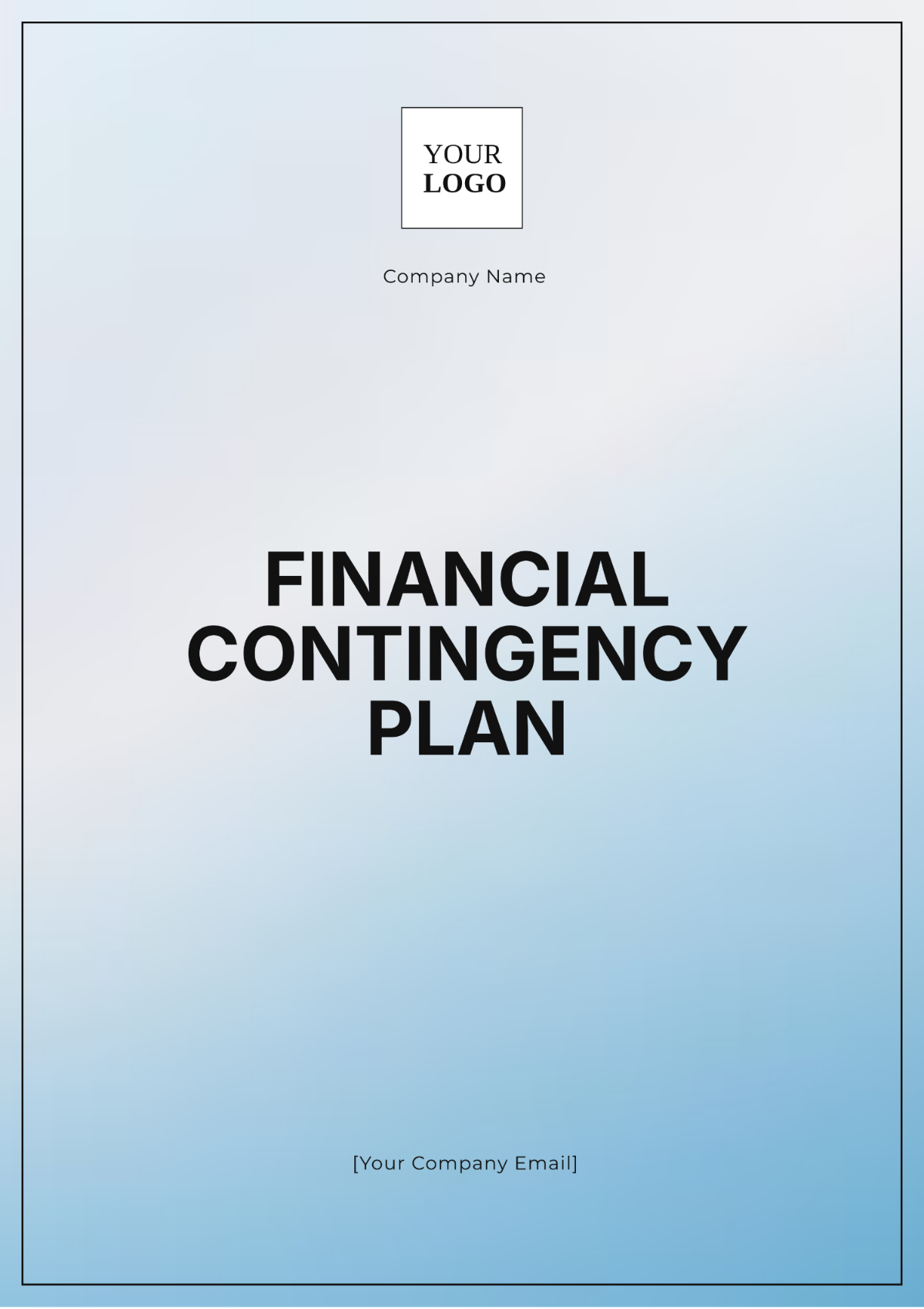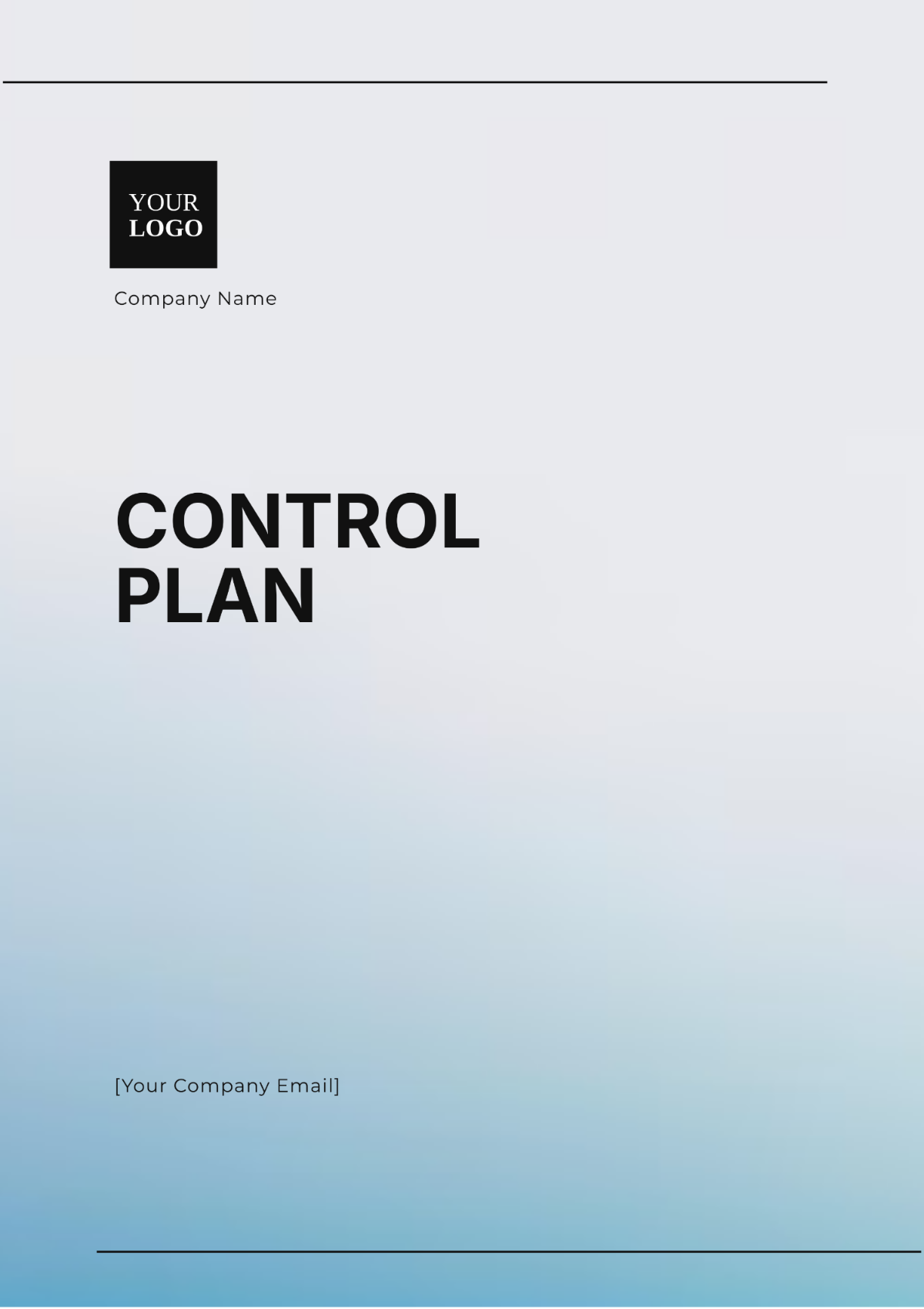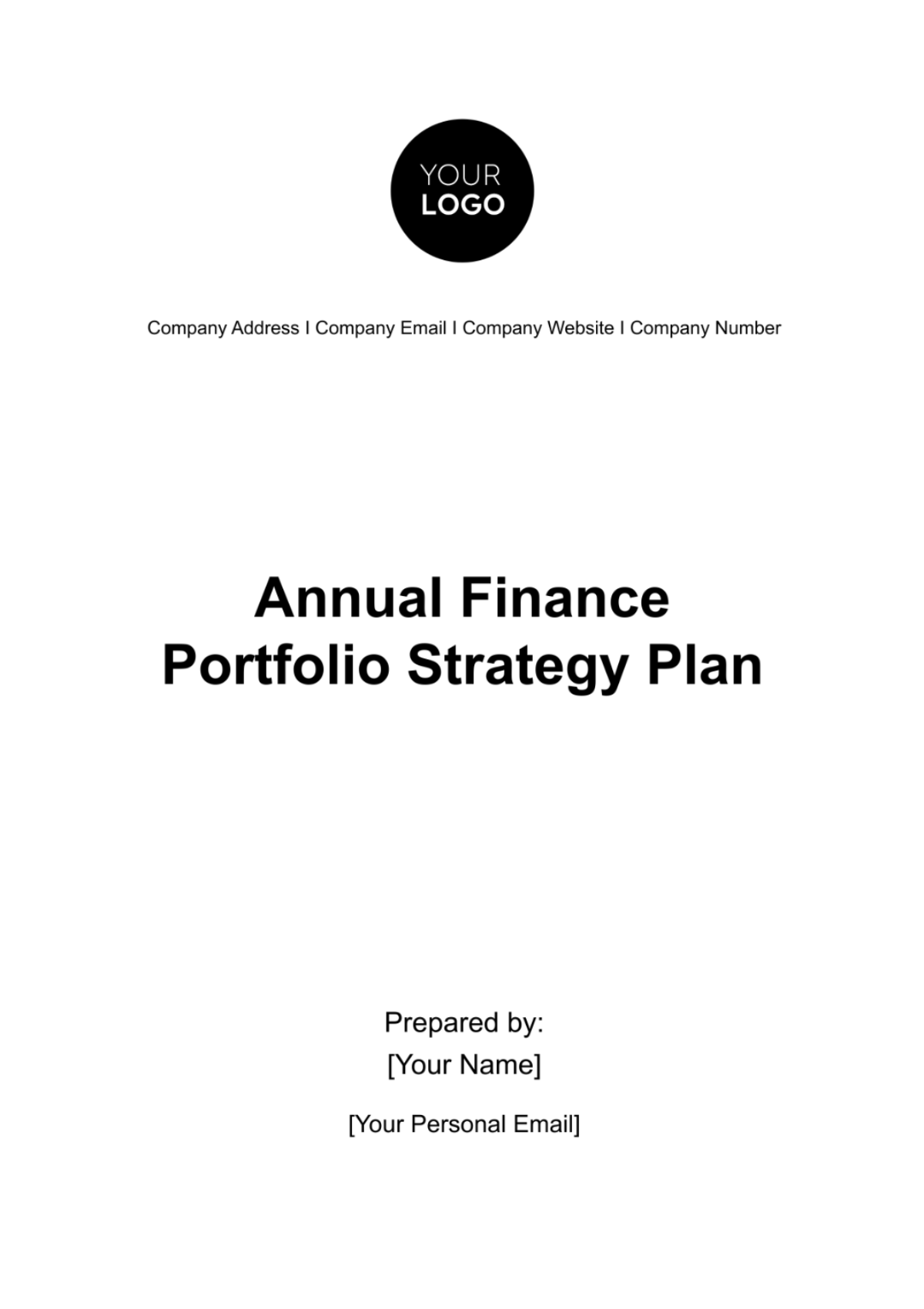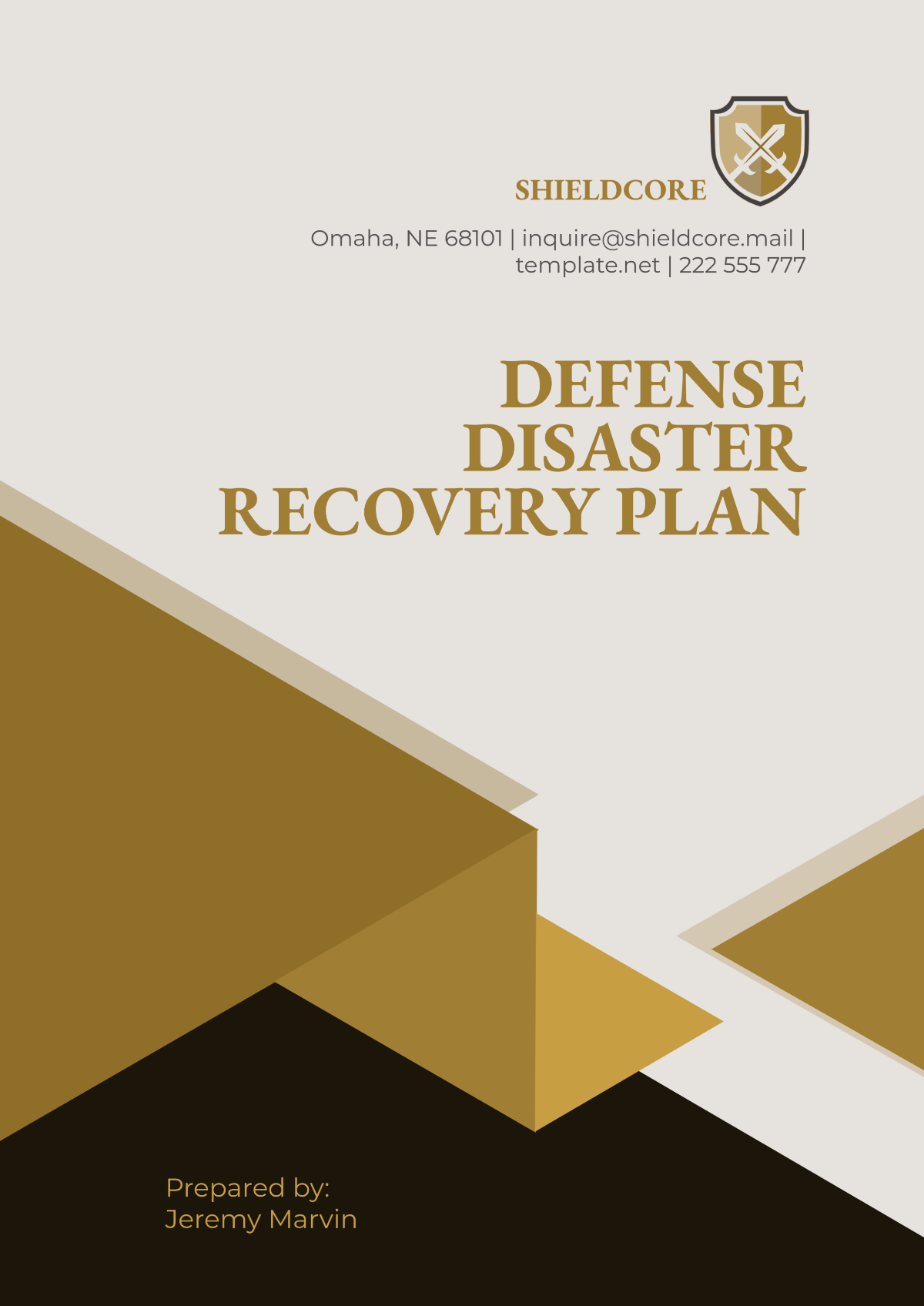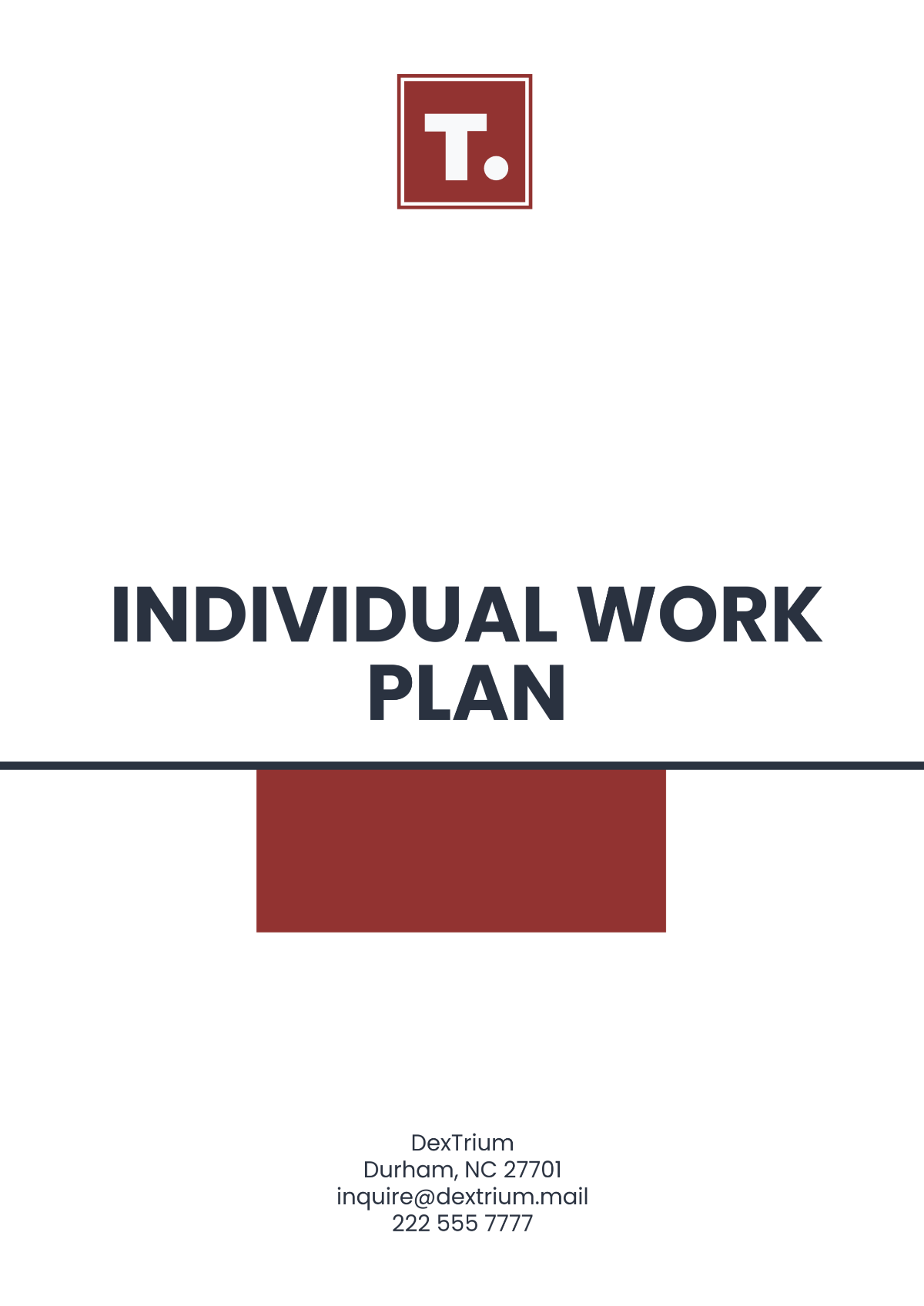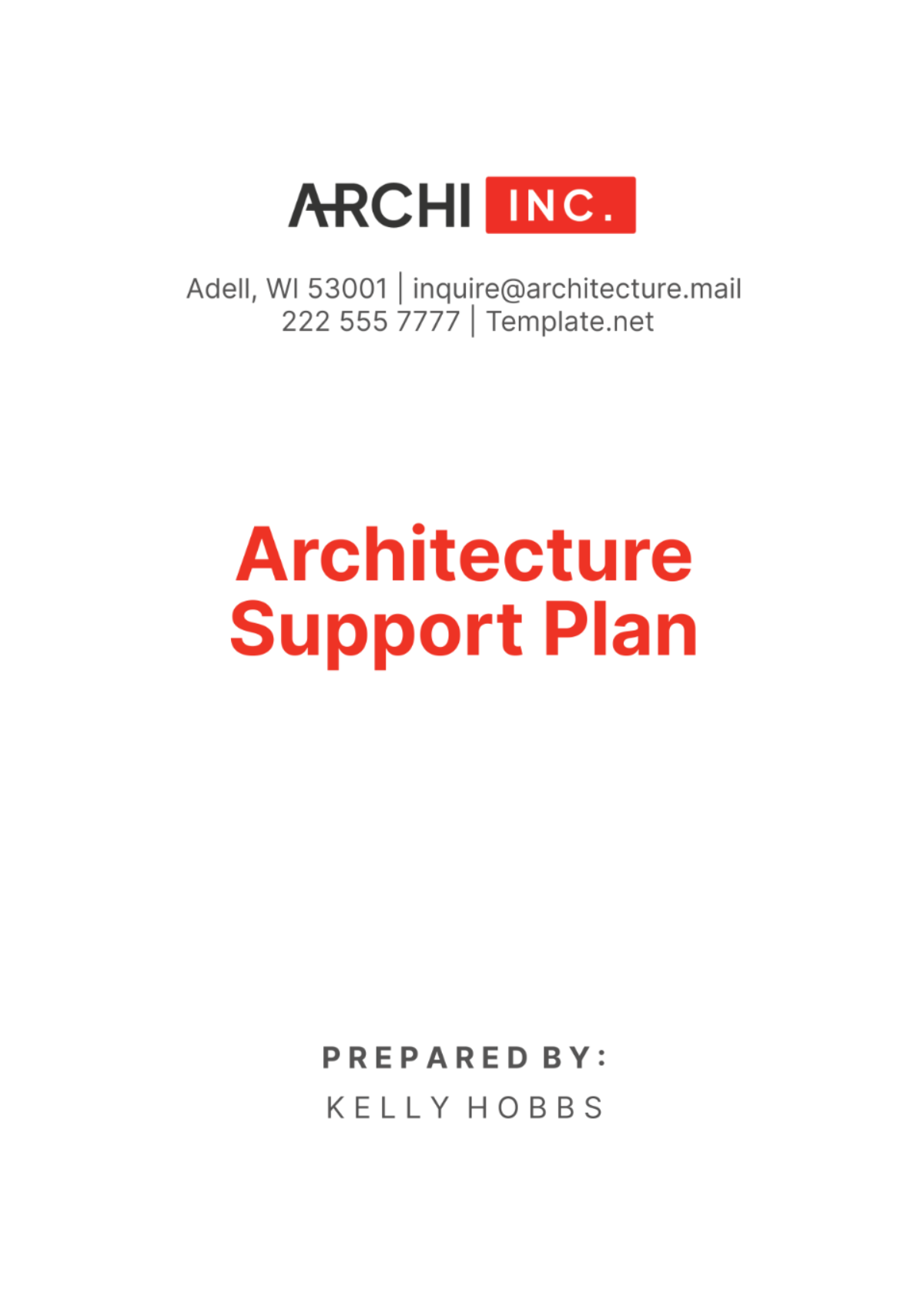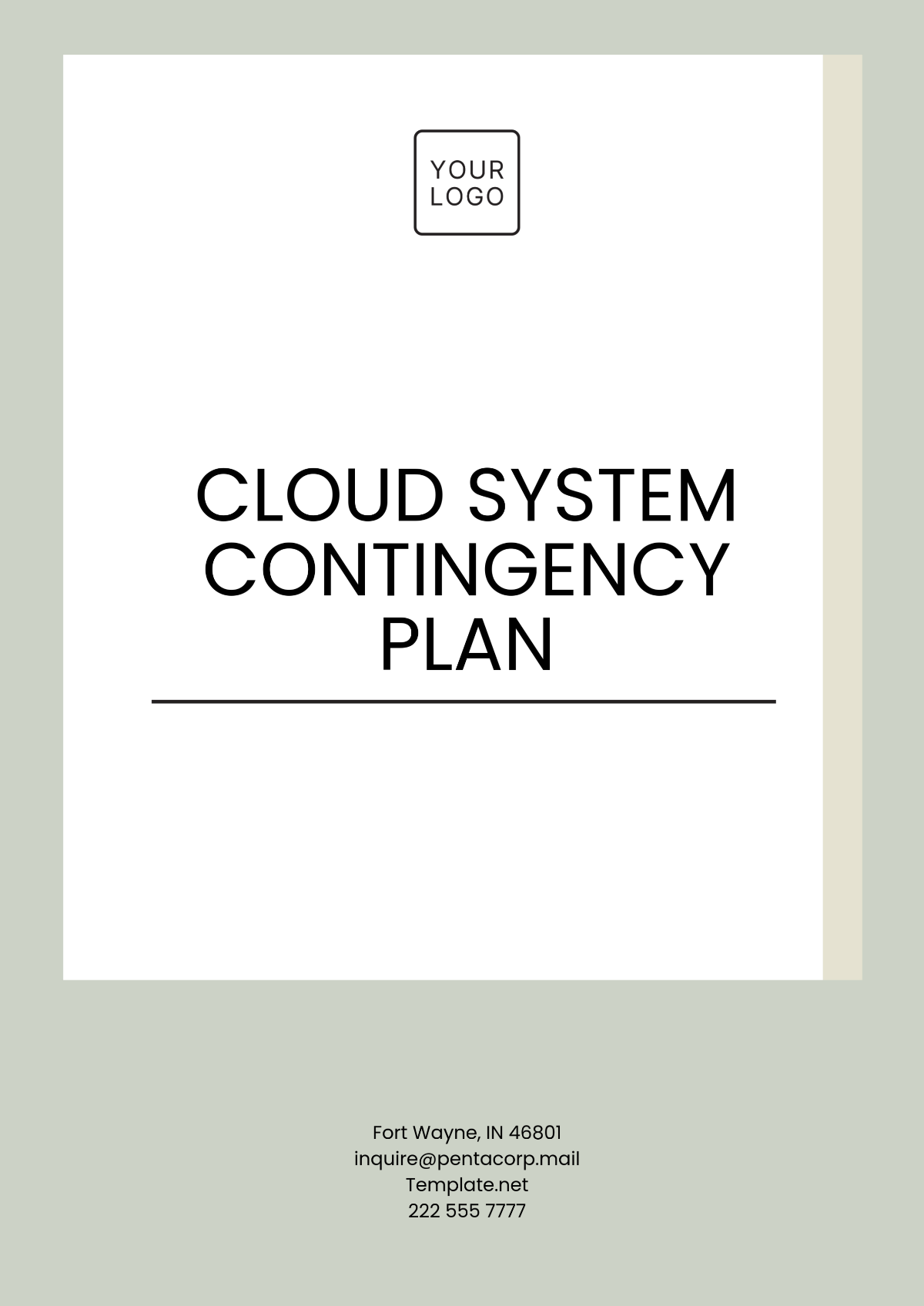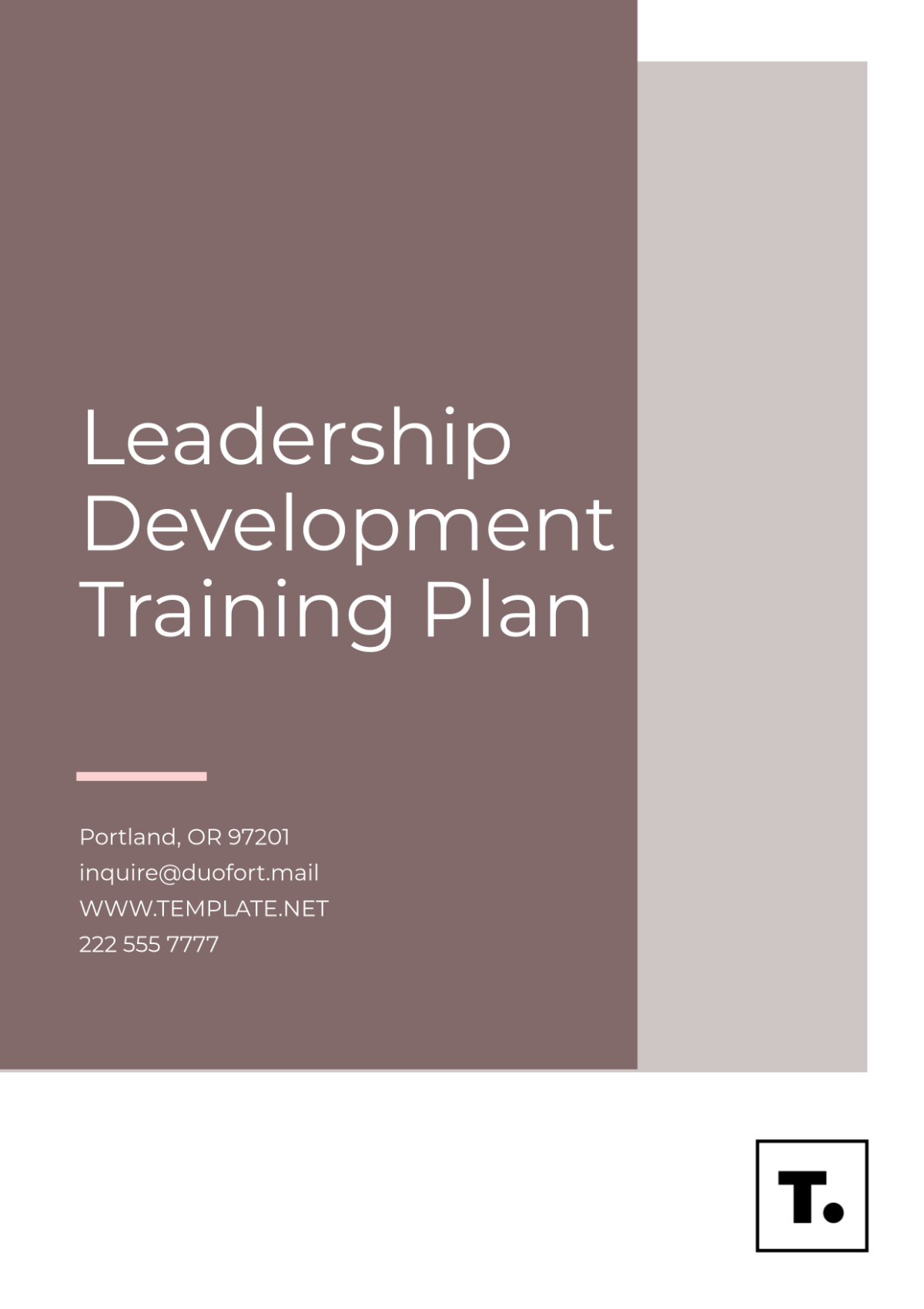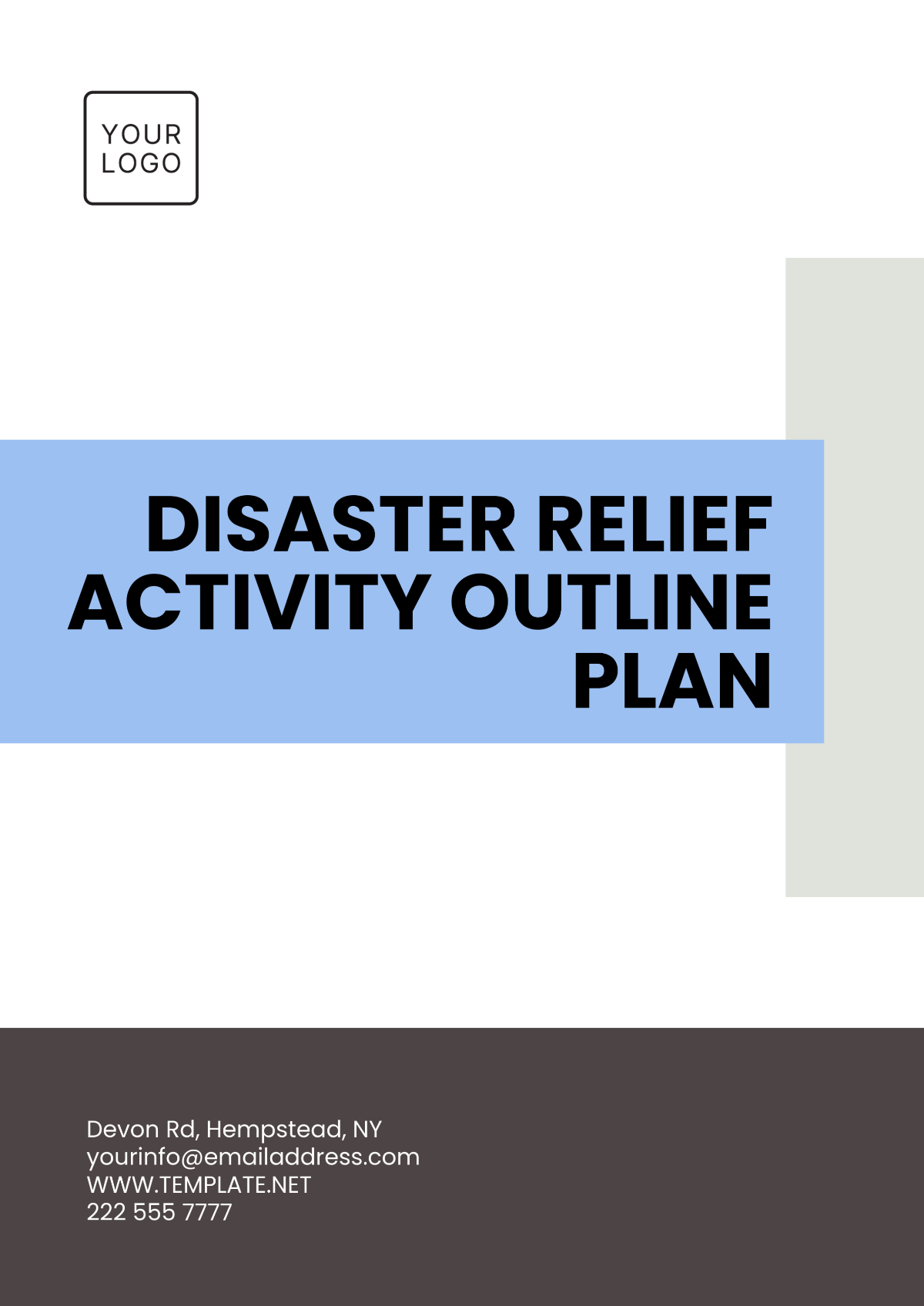Procurement Management Plan
Prepared by: [Your Name]
I. Introduction
This Procurement Management Plan is developed to guide the procurement process for the construction of the Greenfield Urban Development Project, starting in the year 2050. The plan outlines the approach to acquiring goods, services, and works necessary to complete this large-scale urban project. It ensures that all procurement activities are aligned with project goals, adhere to established timelines, and comply with legal and environmental regulations.
A. Project Overview
The Greenfield Urban Development Project involves the construction of residential buildings, commercial spaces, recreational areas, and essential infrastructure such as roads and utilities. The project aims to create a sustainable urban environment while preserving natural resources and minimizing environmental impact. The procurement will involve sourcing materials, hiring contractors, and acquiring specialized services for environmental impact assessments, landscaping, and waste management.
B. Procurement Objectives
The primary objectives of the Procurement Management Plan are:
To ensure the timely, cost-effective, and sustainable procurement of all goods and services necessary for the project.
To maintain transparency and accountability in the selection and management of vendors and contracts.
To comply with all local, national, and international procurement standards, including environmental regulations.
To foster long-term relationships with vendors committed to sustainability and ethical practices.
II. Procurement Strategy
A. Sourcing Methods
The procurement strategy will adopt a hybrid approach combining traditional procurement methods with sustainable practices. The strategy will prioritize local sourcing and eco-friendly products to align with the project's sustainability goals. The sourcing methods include:
Competitive Bidding: For construction materials such as cement, steel, and timber, and for standard services like security and cleaning, formal competitive bidding will be used to ensure cost-effectiveness and transparency.
Negotiated Contracts: For specialized services such as urban landscaping, green roofing, and waste management, direct negotiations will be held with select vendors that have proven expertise in sustainable practices and experience with large-scale urban projects.
Partnership Agreements: In some cases, strategic partnerships will be formed with suppliers and contractors to ensure long-term collaboration and mutual benefit.
B. Vendor Selection
Vendor selection will be based on a thorough evaluation of the following criteria:
Experience and Reputation: Vendors with a track record of completing projects of similar scope and complexity.
Sustainability Practices: Preference will be given to vendors that adhere to environmental sustainability standards, such as using eco-friendly materials and reducing carbon footprints.
Cost and Value: The price of goods and services will be evaluated alongside their value in terms of quality, durability, and lifecycle cost.
Social Responsibility: Vendors demonstrating strong ethical standards, fair labor practices, and community engagement will be prioritized.
C. Contract Type
Given the diverse nature of procurement needs, a variety of contract types will be employed:
Fixed-price contracts for materials and standardized services.
Time and Materials Contracts for services with uncertain scope, such as consulting or research on sustainable design.
Cost-reimbursable contracts for highly specialized work or services requiring flexible adjustments, such as customized construction or unique landscaping features.
III. Roles and Responsibilities
A. Procurement Manager
The Procurement Manager will oversee all procurement activities for the Greenfield Urban Development Project. They will ensure that procurement procedures are adhered to and that the selection process for vendors is conducted transparently and fairly. The responsibilities of the Procurement Manager include:
Developing procurement documents such as RFPs, RFQs, and contracts.
Managing the evaluation and selection of vendors.
Ensuring that contracts are negotiated and awarded in compliance with the project’s objectives.
Coordinating with other departments to ensure alignment of procurement with project goals.
B. Project Manager
The Project Manager is responsible for the overall success of the Greenfield Urban Development Project and ensuring that procurement activities align with the project’s timeline and objectives. The Project Manager will:
Coordinate between procurement teams, contractors, and stakeholders.
Ensure that procurement-related risks are managed effectively.
Monitor procurement progress and address any delays or issues that could impact project timelines.
Ensure proper integration of procurement results with other project activities.
C. Procurement Team
The Procurement Team will support the Procurement Manager in carrying out day-to-day procurement activities, including:
Drafting and issuing procurement documents.
Conducting market research and identifying potential vendors.
Reviewing proposals and participating in vendor selection processes.
Maintaining accurate procurement records and ensuring compliance with all procurement policies.
D. Legal and Finance Teams
The Legal Team will ensure that all contracts and agreements are compliant with national and international laws and that the procurement process adheres to ethical and regulatory standards.
The Finance Team will manage the procurement budget, ensuring that funds are properly allocated and monitored throughout the procurement process. They will also be responsible for verifying invoices and approving payments.
IV. Procurement Process
A. Planning and Requirement Gathering
The first phase of the procurement process will involve identifying the goods, services, and works required for the Greenfield Urban Development Project. Key tasks include:
Conducting a needs assessment to determine what materials and services are necessary.
Engaging stakeholders to clarify project specifications and quality expectations.
Developing procurement documents, including detailed specifications, timelines, and budget estimates.
B. Supplier Selection
Once procurement documents are finalized, a structured process for supplier selection will be initiated. This process will include:
Advertising procurement opportunities through appropriate channels.
Conducting a prequalification process to ensure vendors meet the required technical and financial criteria.
Reviewing and evaluating bids or proposals, considering both cost and non-cost factors such as environmental impact, vendor reputation, and adherence to ethical standards.
Shortlisting vendors for further negotiation and final selection.
C. Contract Award and Management
After a vendor is selected, a formal contract will be awarded. The Procurement Manager will ensure that all terms and conditions are clearly defined, including scope of work, payment schedules, performance milestones, and penalties for non-performance. Contract management includes:
Monitoring the progress of contracts to ensure timely delivery of goods and services.
Addressing any issues or disputes that may arise during the contract.
Maintaining accurate records of contract performance and financial transactions.
D. Delivery and Acceptance
Once goods or services are delivered, they will undergo a quality inspection to ensure compliance with specifications. Acceptance of deliveries will be contingent upon:
Verifying that items meet quality standards and project specifications.
Ensuring that all necessary documentation, such as invoices and delivery notes, is completed and submitted for approval.
Addressing any discrepancies in quantity or quality before formally accepting the delivery.
E. Closing
Once all procurement activities are completed, the procurement process will be formally closed. This will involve:
Finalizing payments to vendors.
Closing contracts and ensuring that all obligations have been met.
Archiving procurement documentation for future reference and audits.
V. Risk Management
A. Identified Risks
The key risks associated with procurement in the Greenfield Urban Development Project include:
Supply Chain Disruptions: Delays in delivery of critical materials due to global or local supply chain issues.
Cost Escalations: Unexpected increases in material costs due to market fluctuations or regulatory changes.
Vendor Performance Issues: Vendors fail to meet quality standards or deliver on time, affecting project timelines.
B. Mitigation Strategies
To mitigate procurement risks, the following strategies will be implemented:
Supply Chain Management: Develop relationships with multiple suppliers to ensure alternative sources are available if needed.
Budget Contingency: Allocate a contingency fund to cover potential cost overruns and price fluctuations.
Vendor Monitoring: Set clear performance expectations and regularly monitor vendor progress to address issues early.
VI. Contract Management
A. Contract Administration
The Procurement Manager will oversee the day-to-day management of contracts, ensuring all contract terms are adhered to and that vendors fulfill their obligations. Key tasks include:
Regular progress meetings with vendors to assess performance.
Ensuring that invoicing and payments align with contract terms.
Managing any disputes or claims related to contract performance.
B. Vendor Communication
Open communication with vendors is essential to ensuring the success of the procurement process. Regular updates and meetings will be held to:
Discuss project progress and any issues that may arise.
Ensure that all parties are aligned with project goals and expectations.
Address any changes or modifications to contract terms that may arise due to unforeseen circumstances.
C. Change Control
Any changes to contracts, such as scope alterations or price adjustments, will be carefully managed through a formal change control process. This process will include:
Documenting all proposed changes and assessing their impact on project timelines and costs.
Seeking approval from stakeholders and project sponsors before proceeding with changes.
Ensuring that all changes are reflected in updated contracts and procurement records.
VII. Performance Monitoring and Reporting
A. Monitoring Procurement Performance
Procurement performance will be closely monitored to ensure that procurement objectives are met. Key performance indicators (KPIs) such as cost savings, supplier performance, and delivery timeliness will be tracked through:
Weekly procurement progress reports.
Vendor scorecards to evaluate quality, cost-effectiveness, and adherence to deadlines.
Regular meetings with stakeholders to review procurement progress and address any concerns.
B. Reporting
The Procurement Manager will be responsible for providing regular updates to the project team and stakeholders. Reports will cover:
Procurement status, including any delays or issues.
Financial reports, showing the current status of the procurement budget.
Risk management updates, detailing any new risks and mitigation actions.
VIII. Budget and Financial Management
A. Budget Allocation
The total procurement budget for the Greenfield Urban Development Project will be allocated based on a detailed cost estimate. This will include:
Material Costs: Allocating funds for the purchase of construction materials, such as cement, steel, and timber.
Service Costs: Budgeting for specialized services like landscape design, waste management, and environmental assessments.
Contingency Fund: Setting aside funds to cover unexpected costs or price fluctuations.
B. Financial Tracking and Control
The Finance Team will work closely with the Procurement Manager to track expenditures and ensure that procurement activities stay within budget. Key tasks include:
Monitoring procurement-related payments and expenses.
Verifying invoices and ensuring that payments are made by contract terms.
Conducting periodic financial reviews to assess budget performance and make necessary adjustments.
